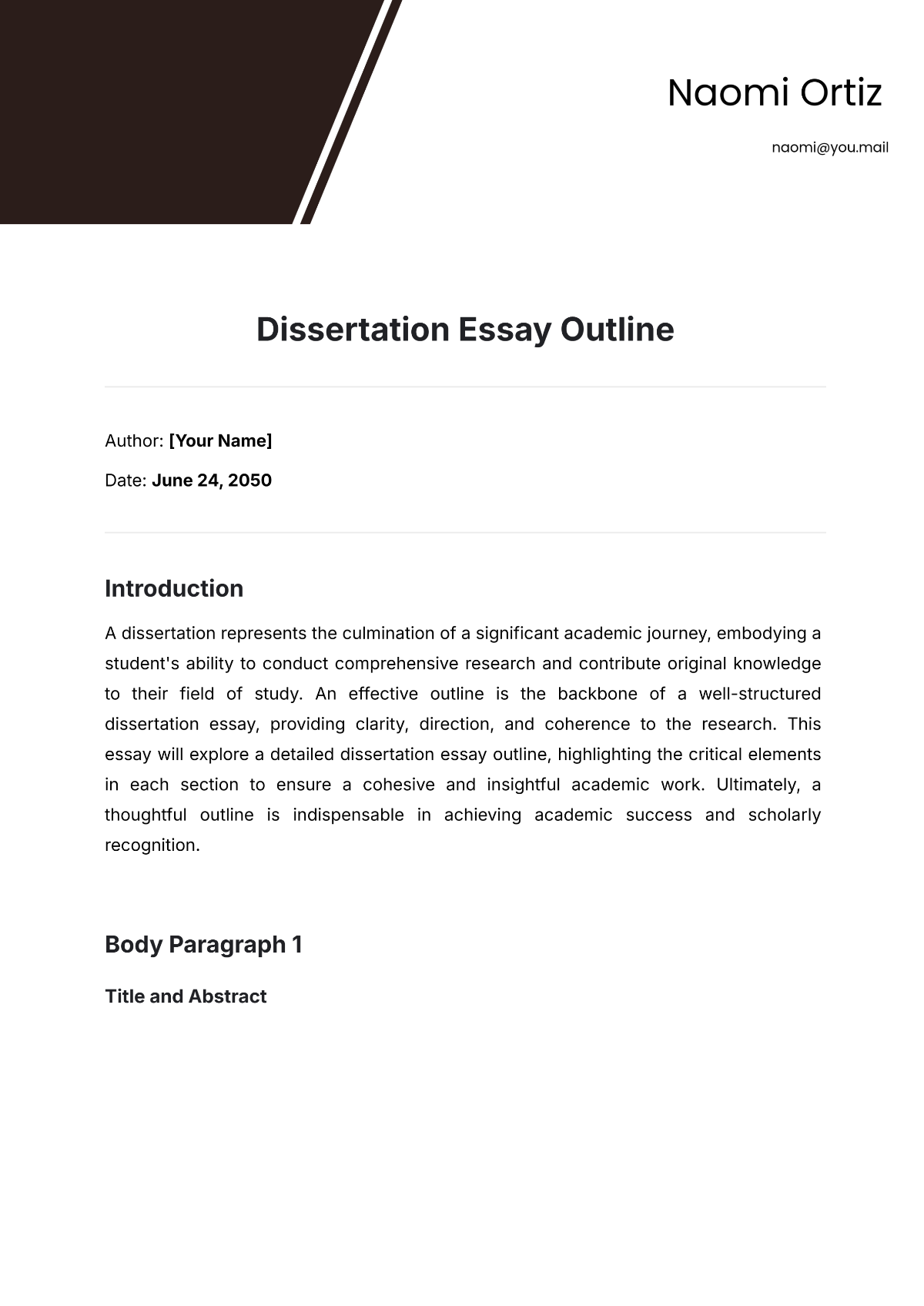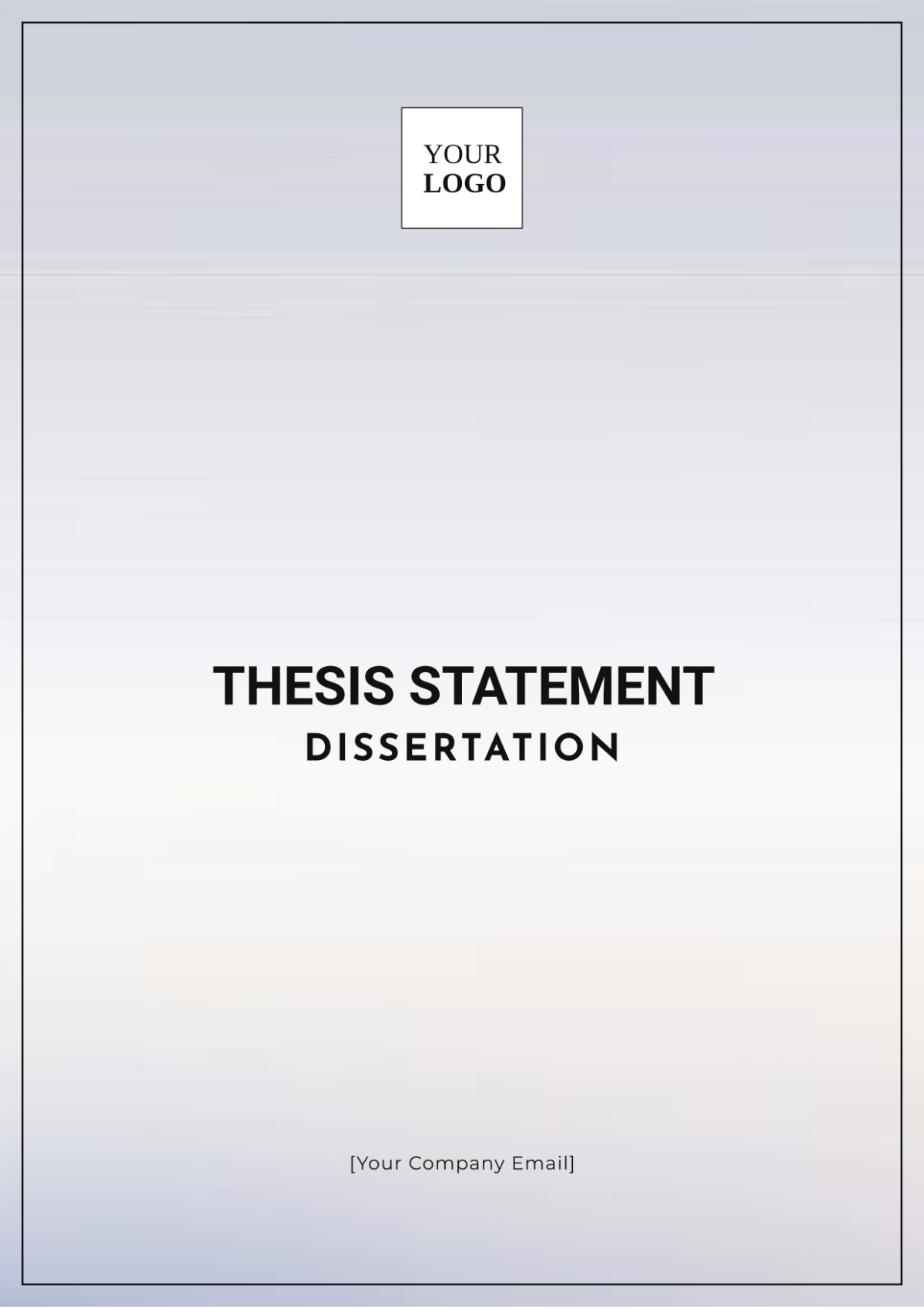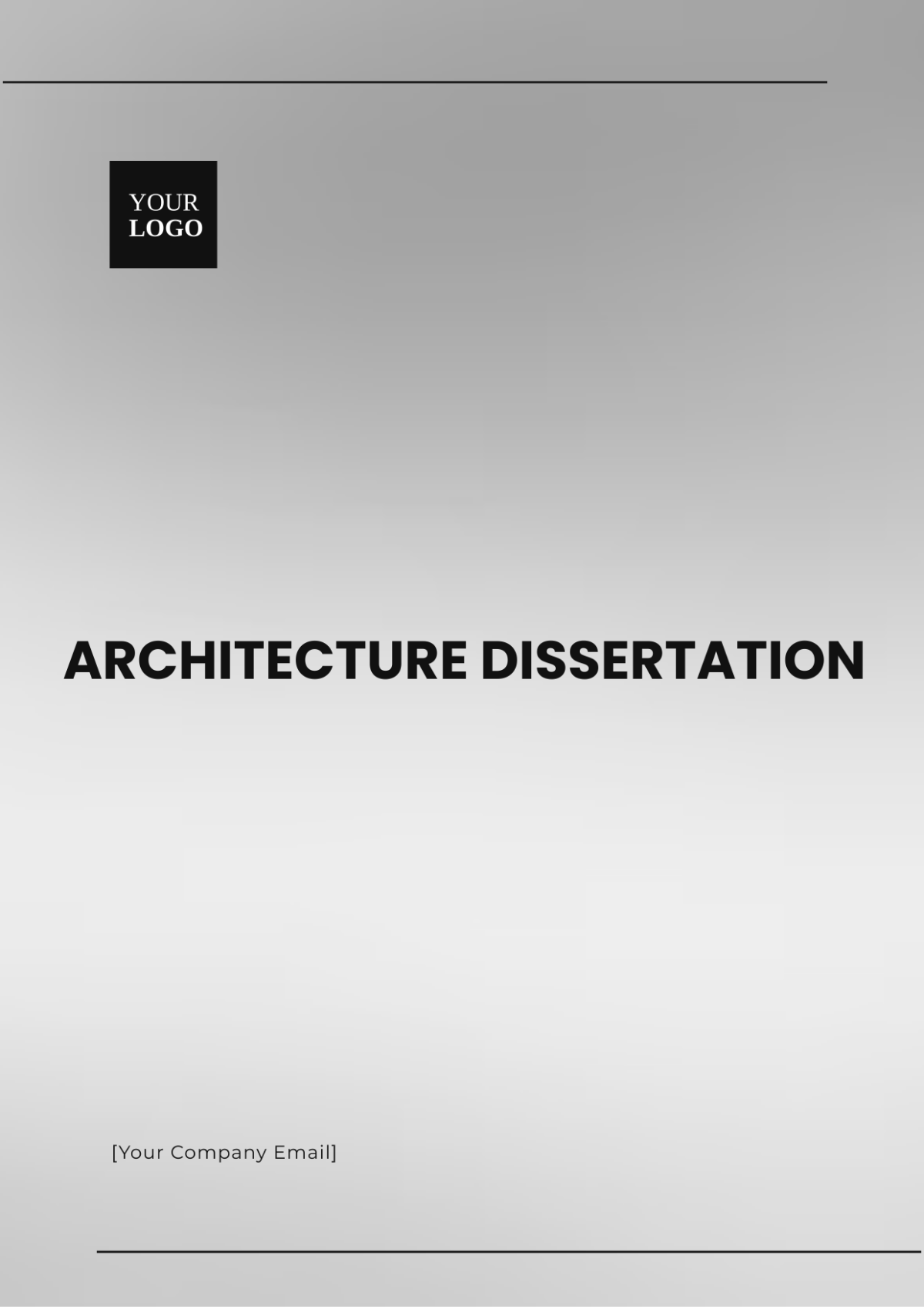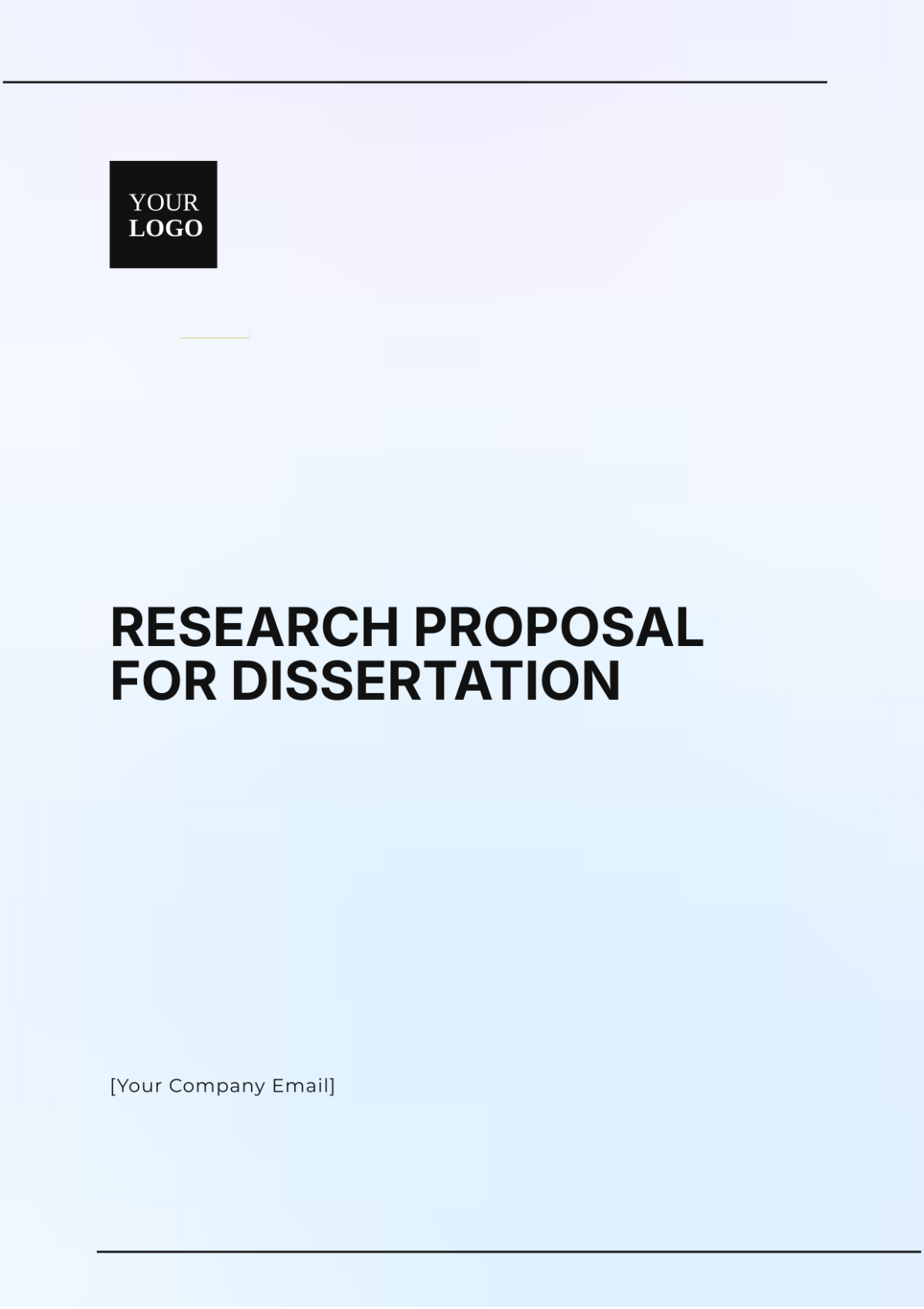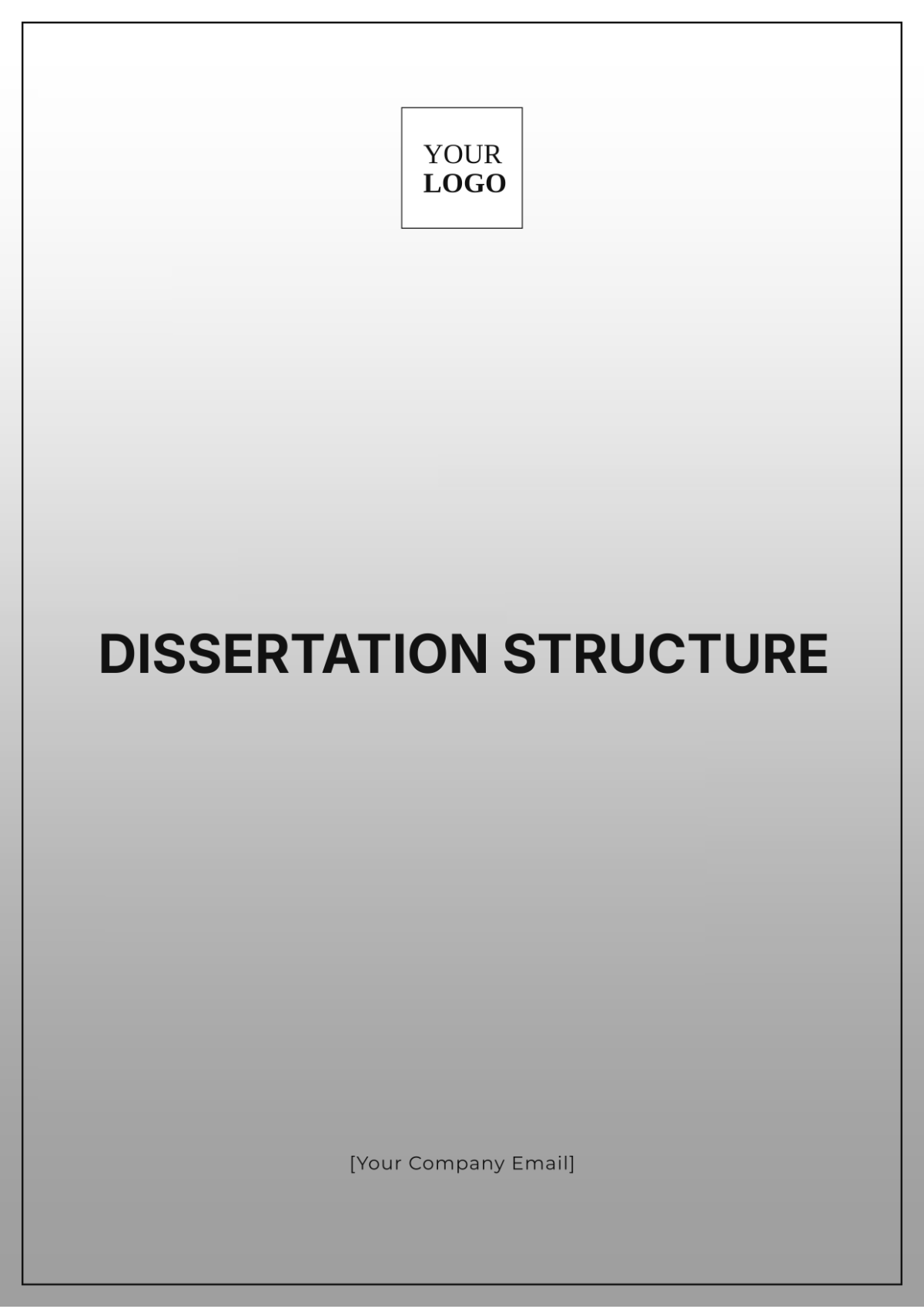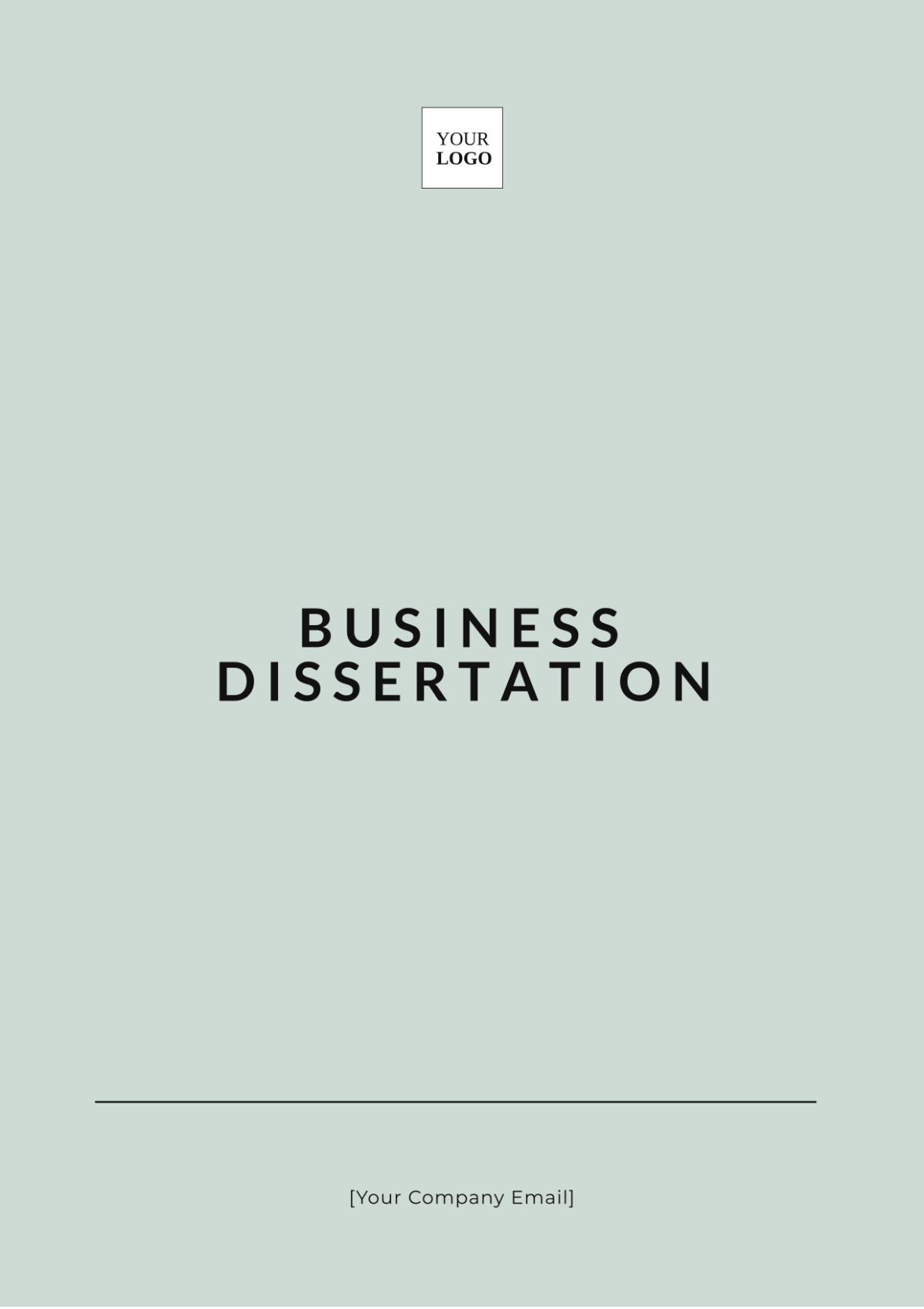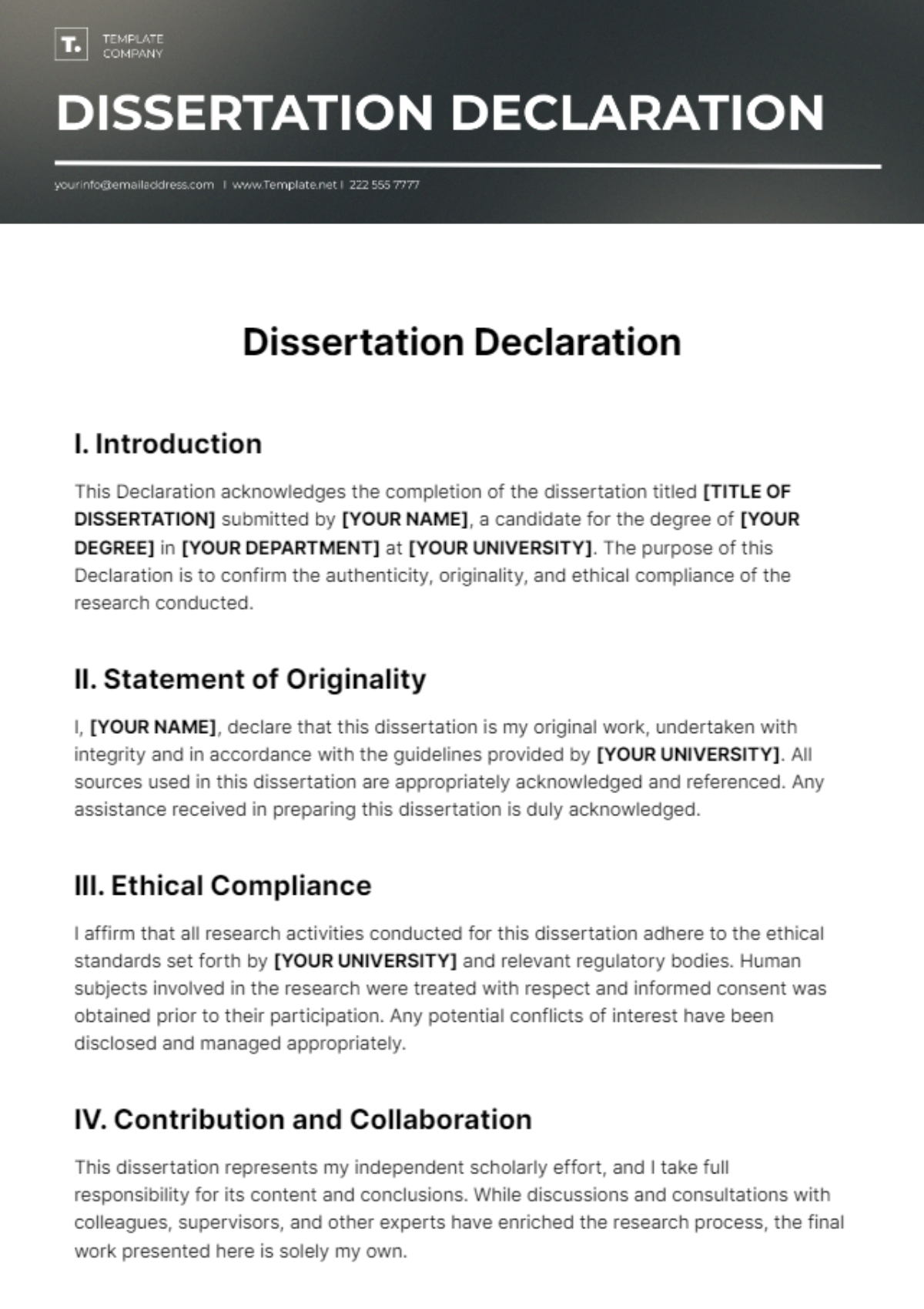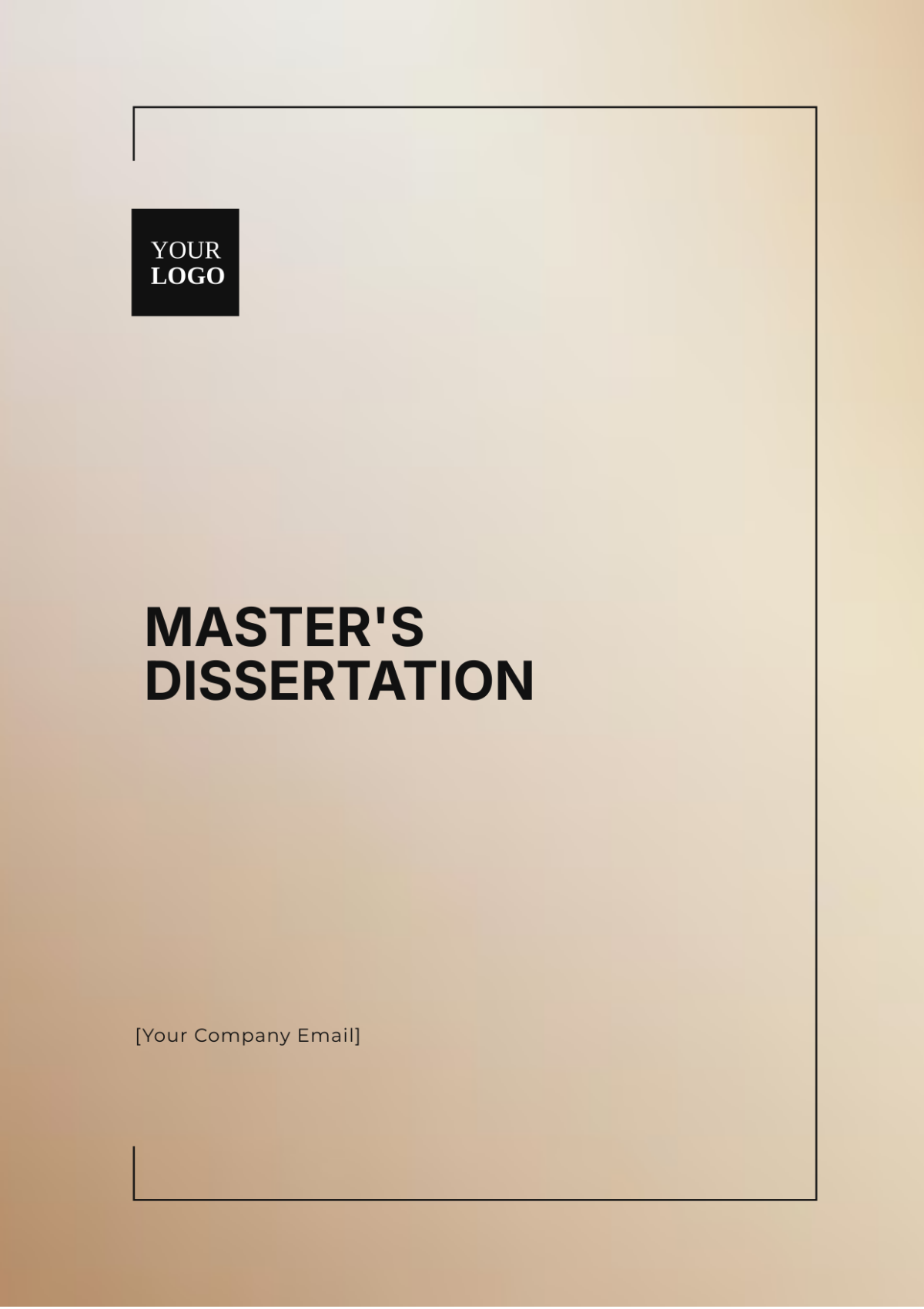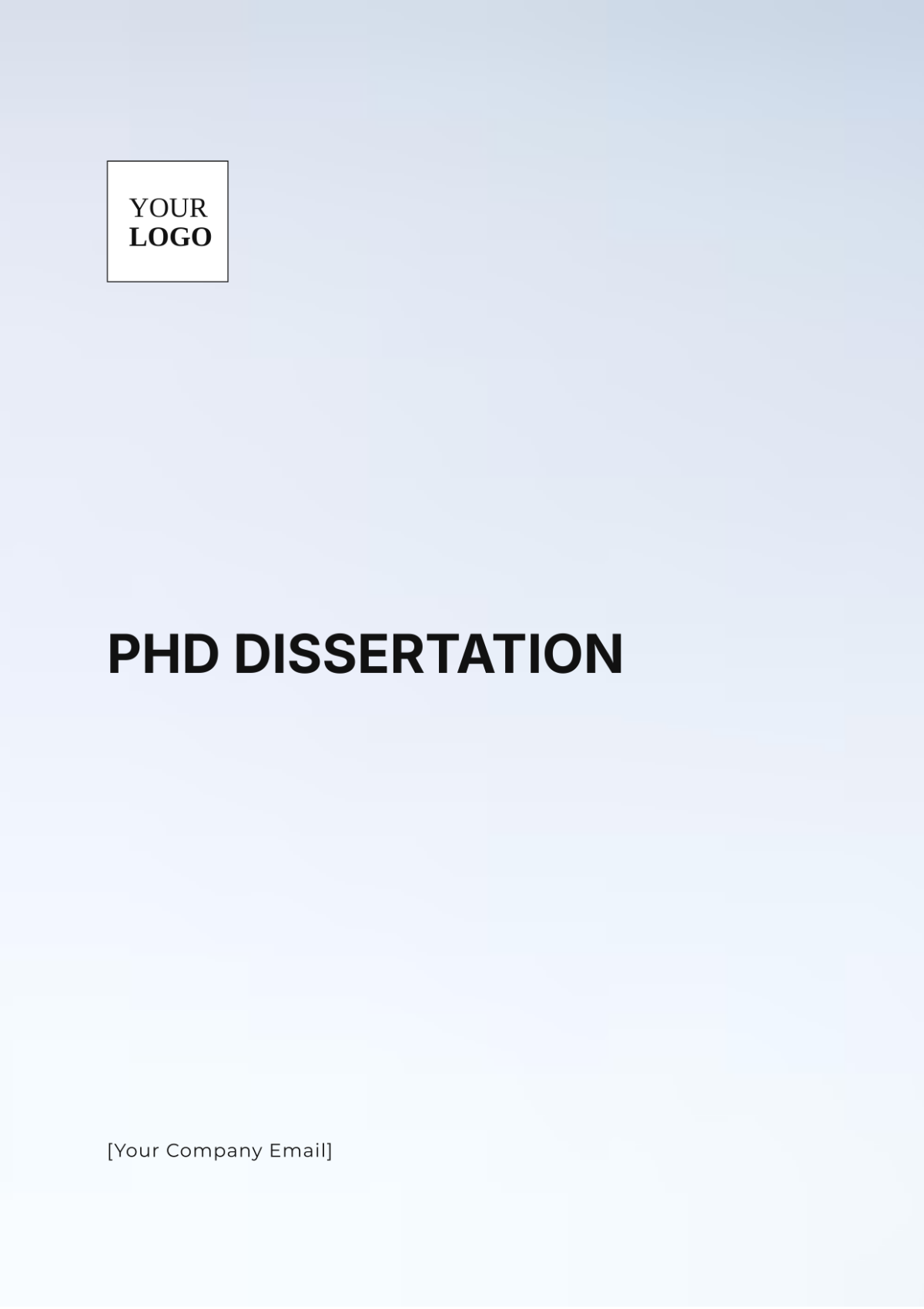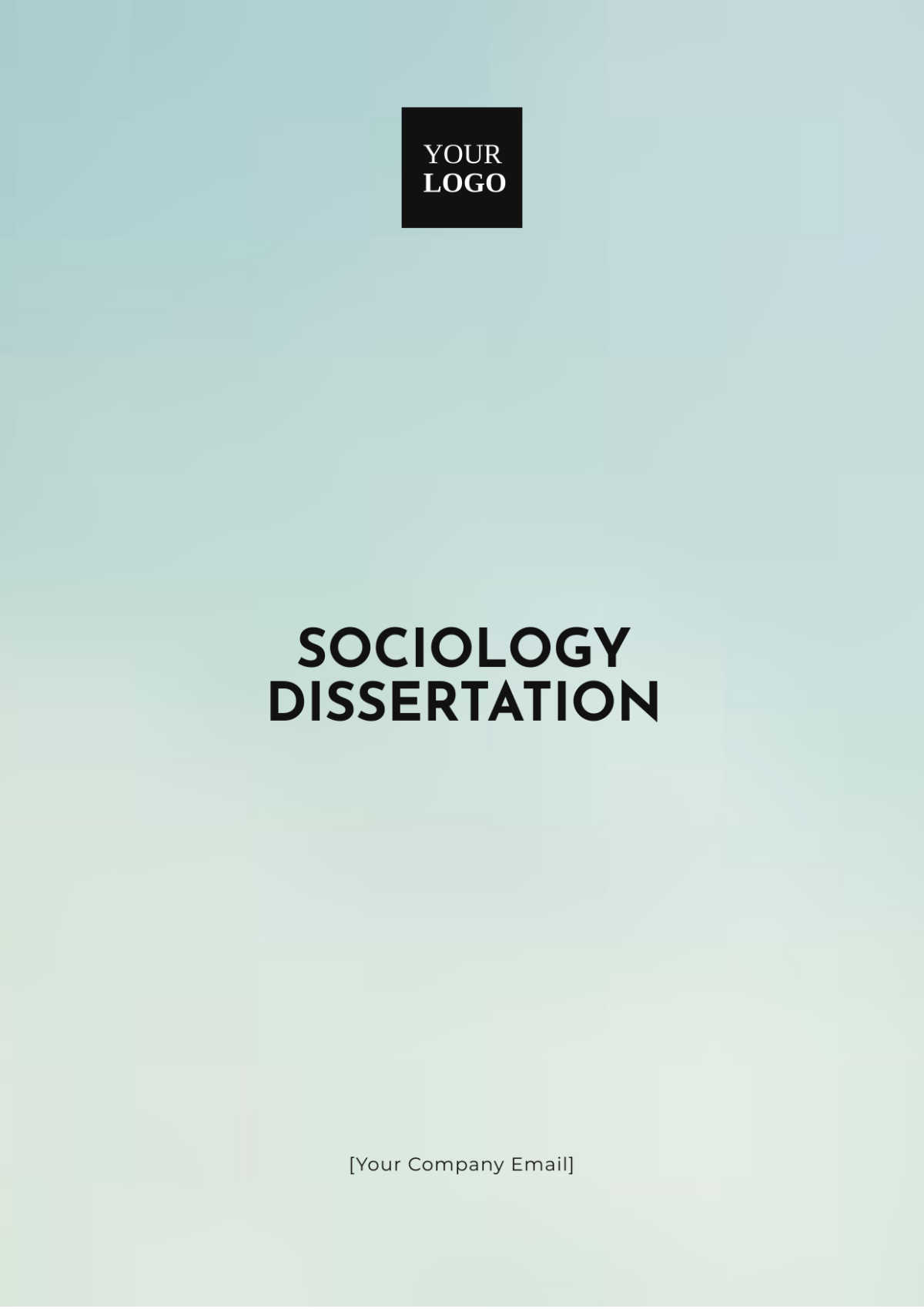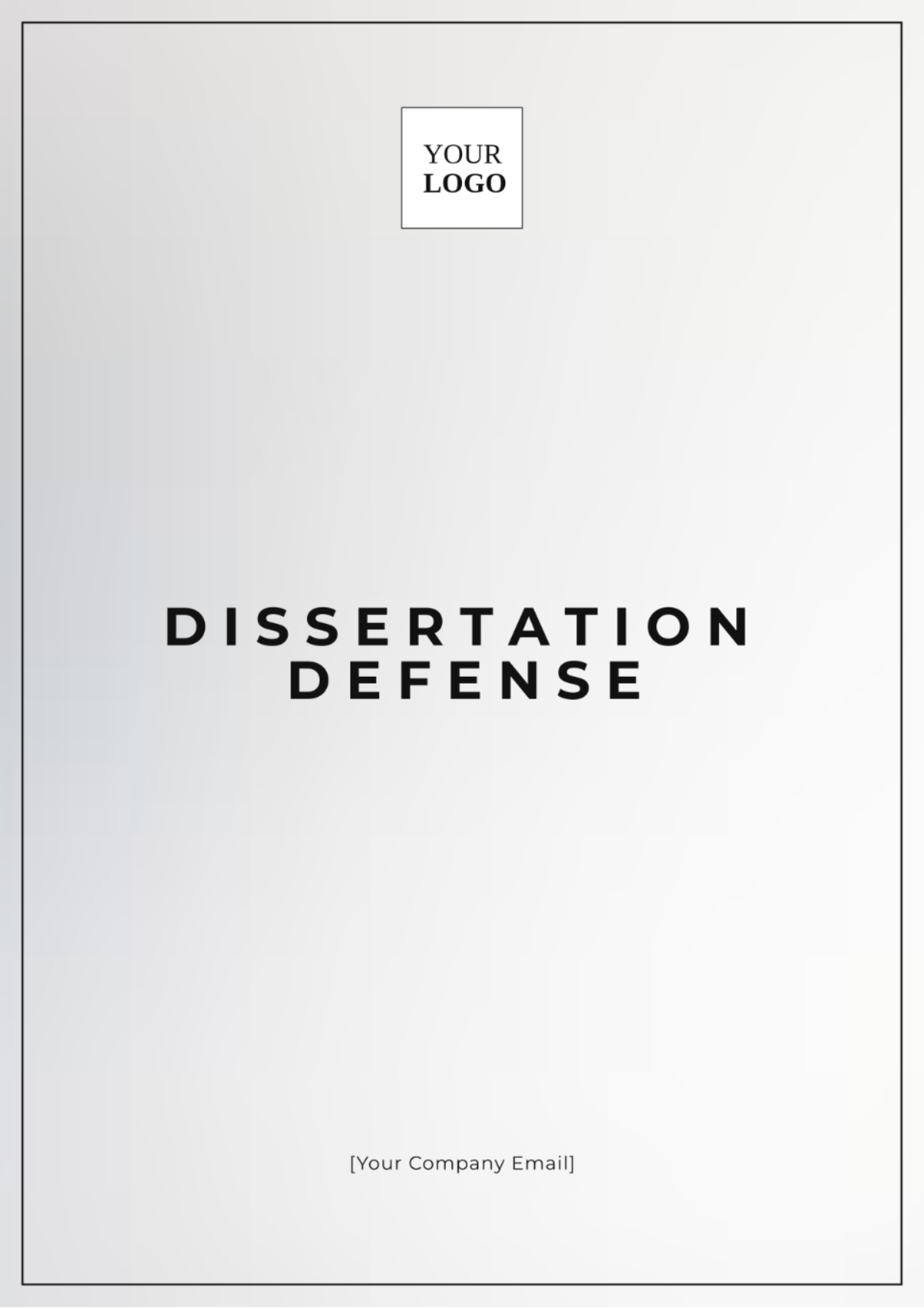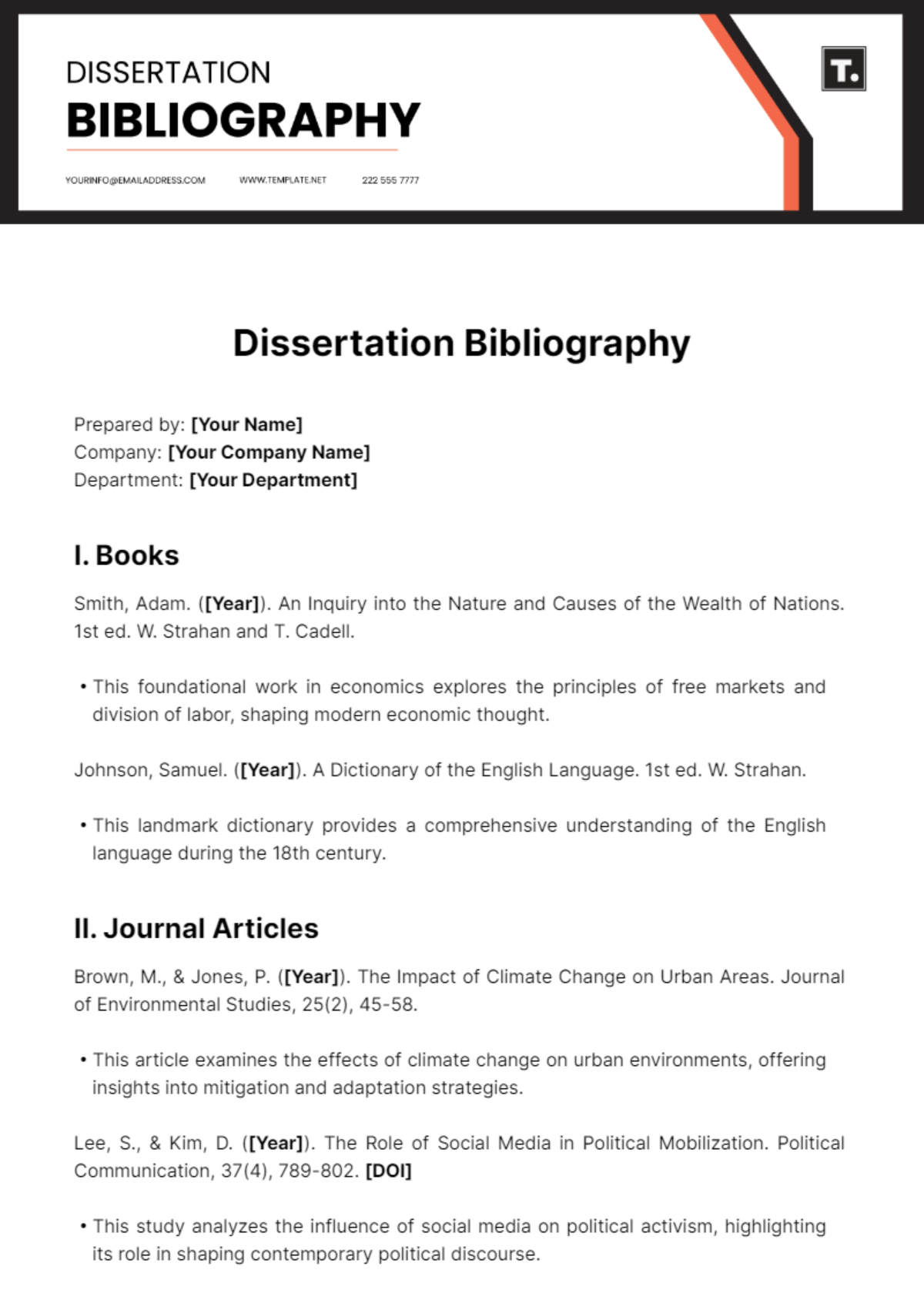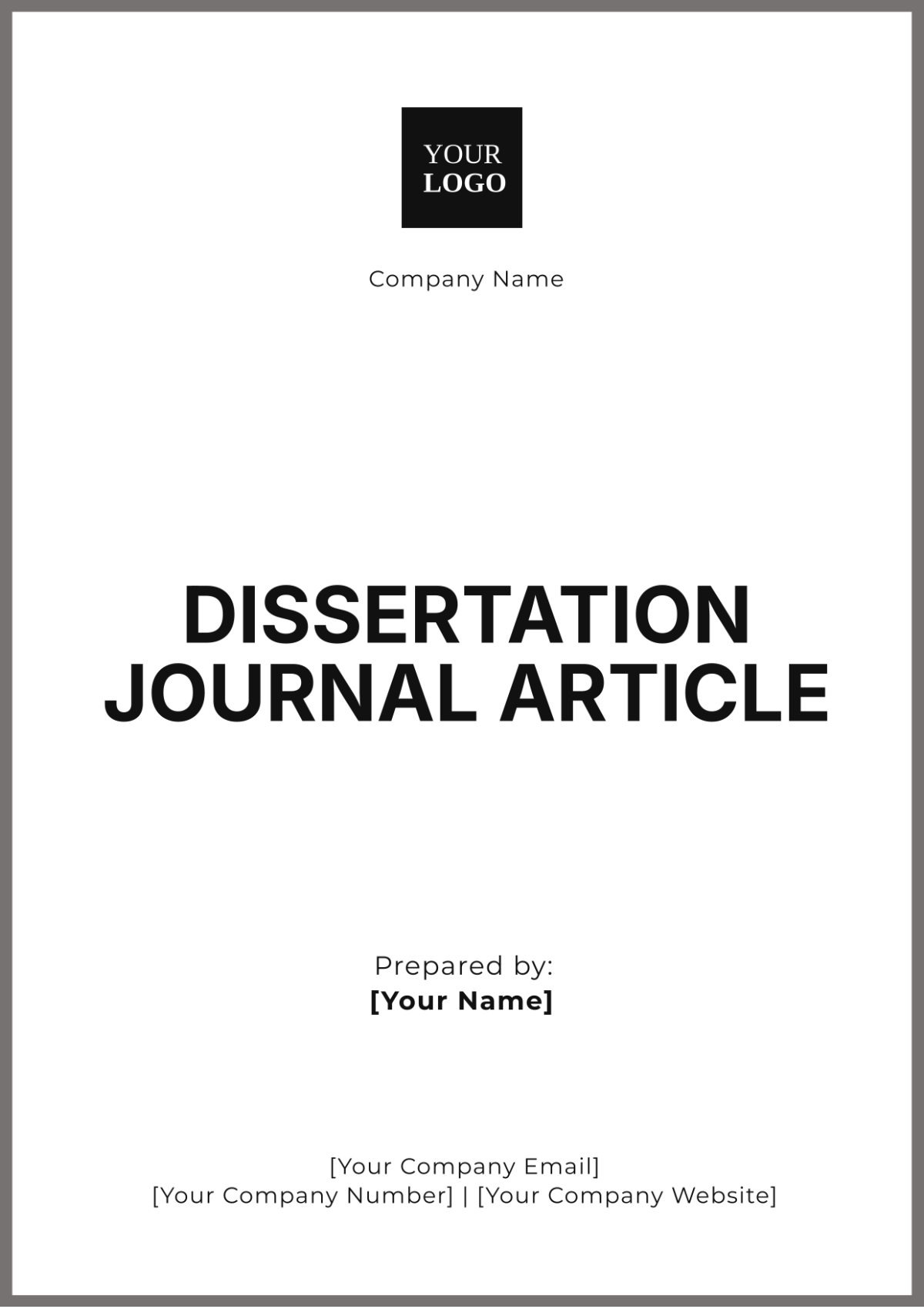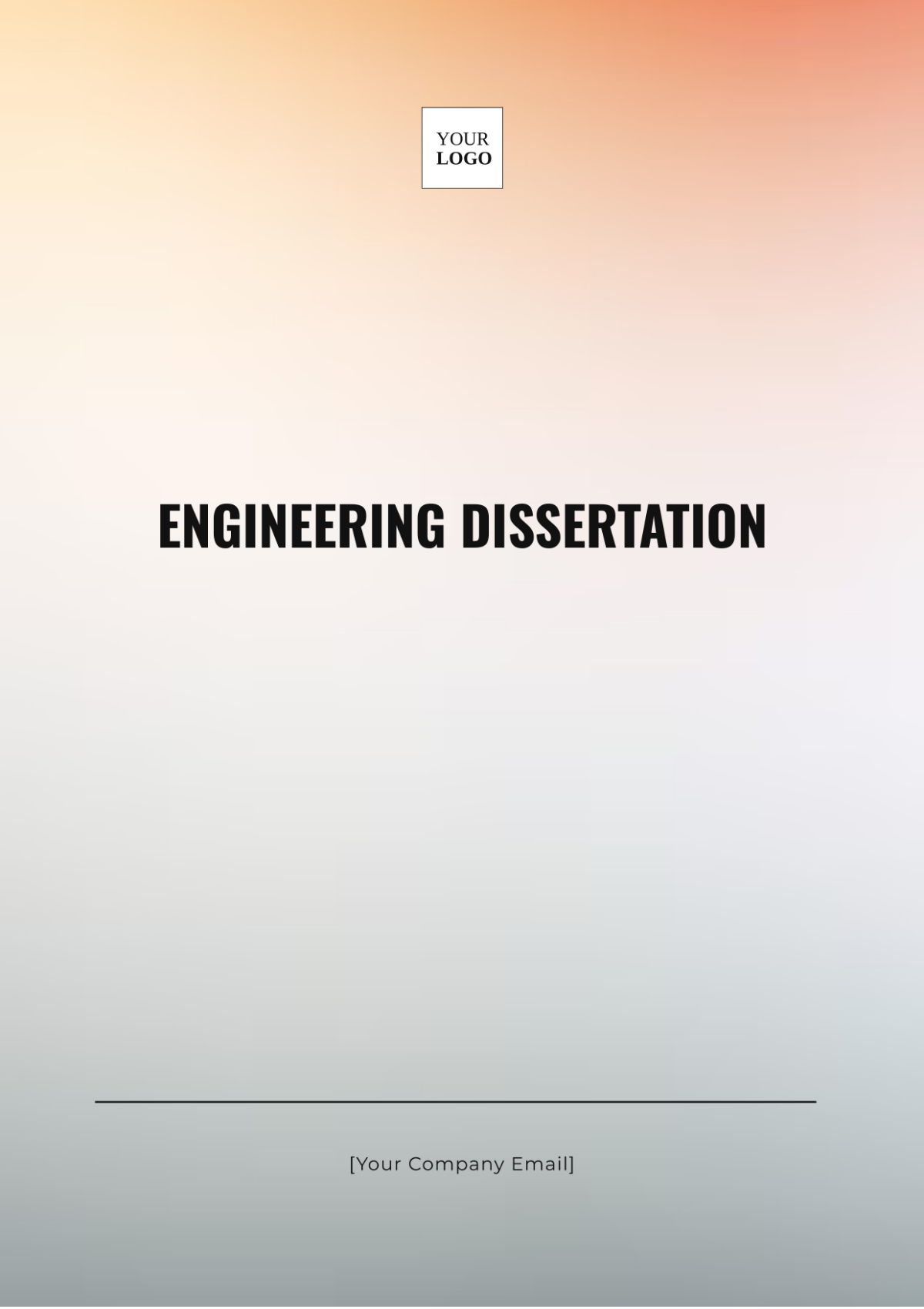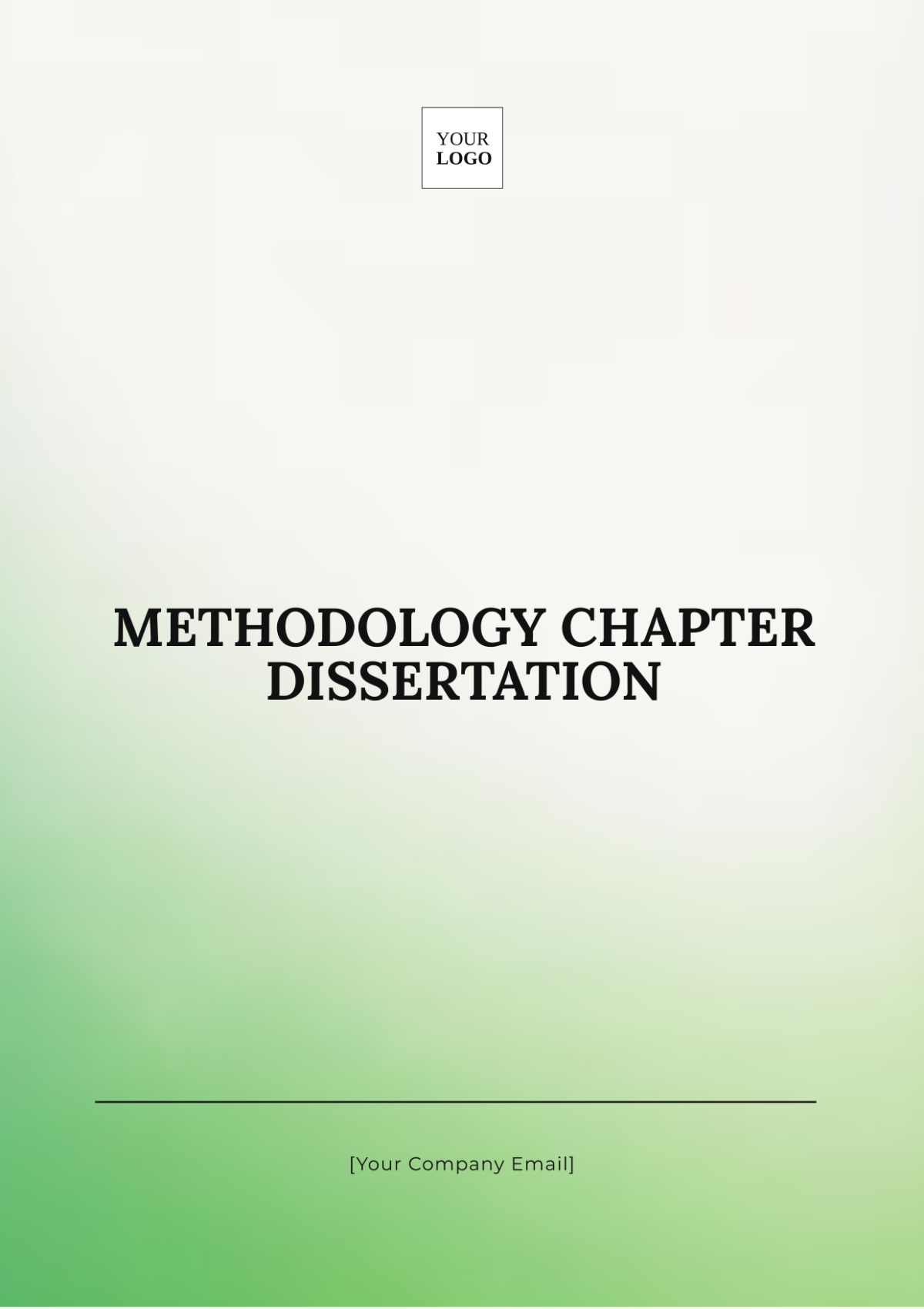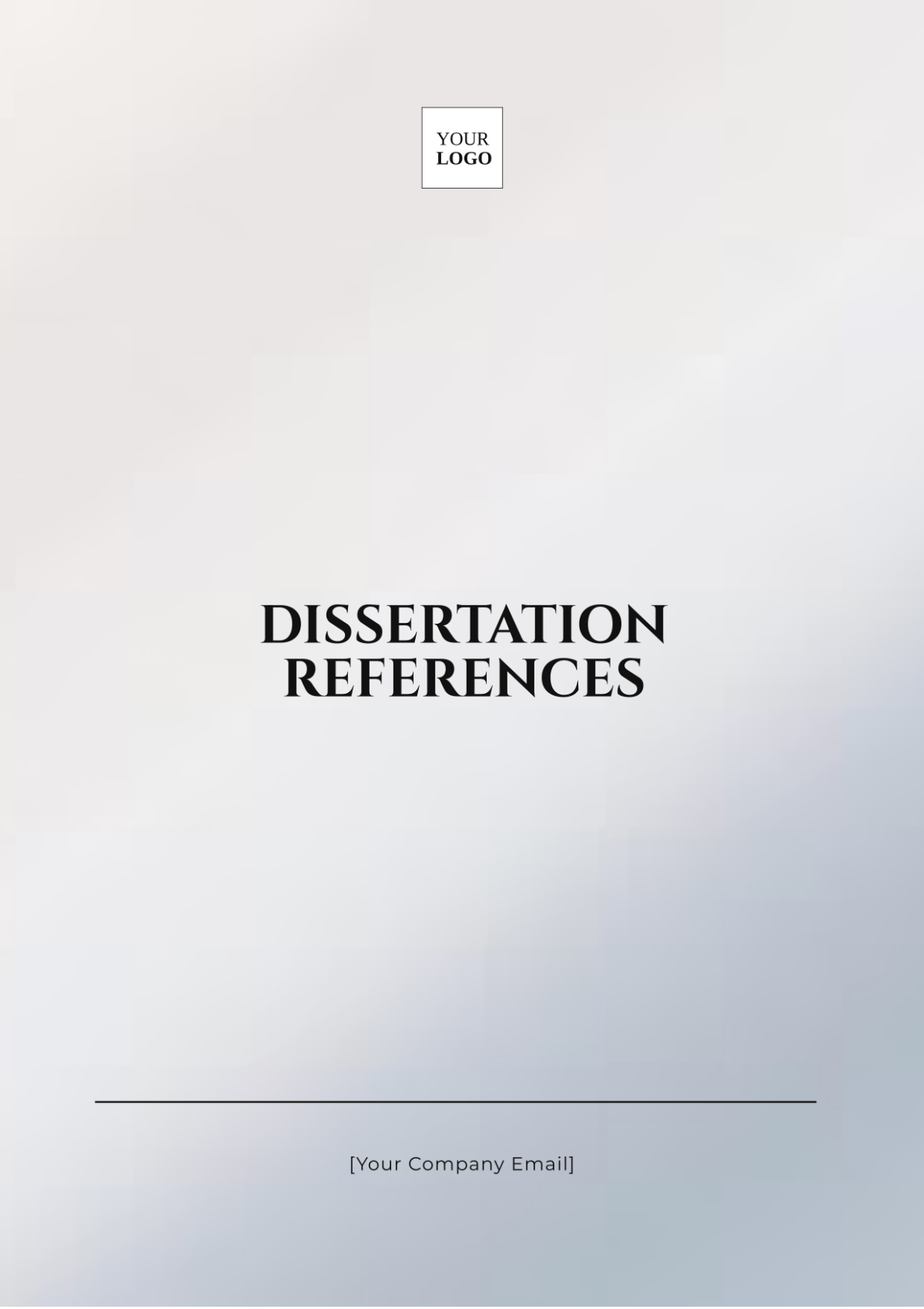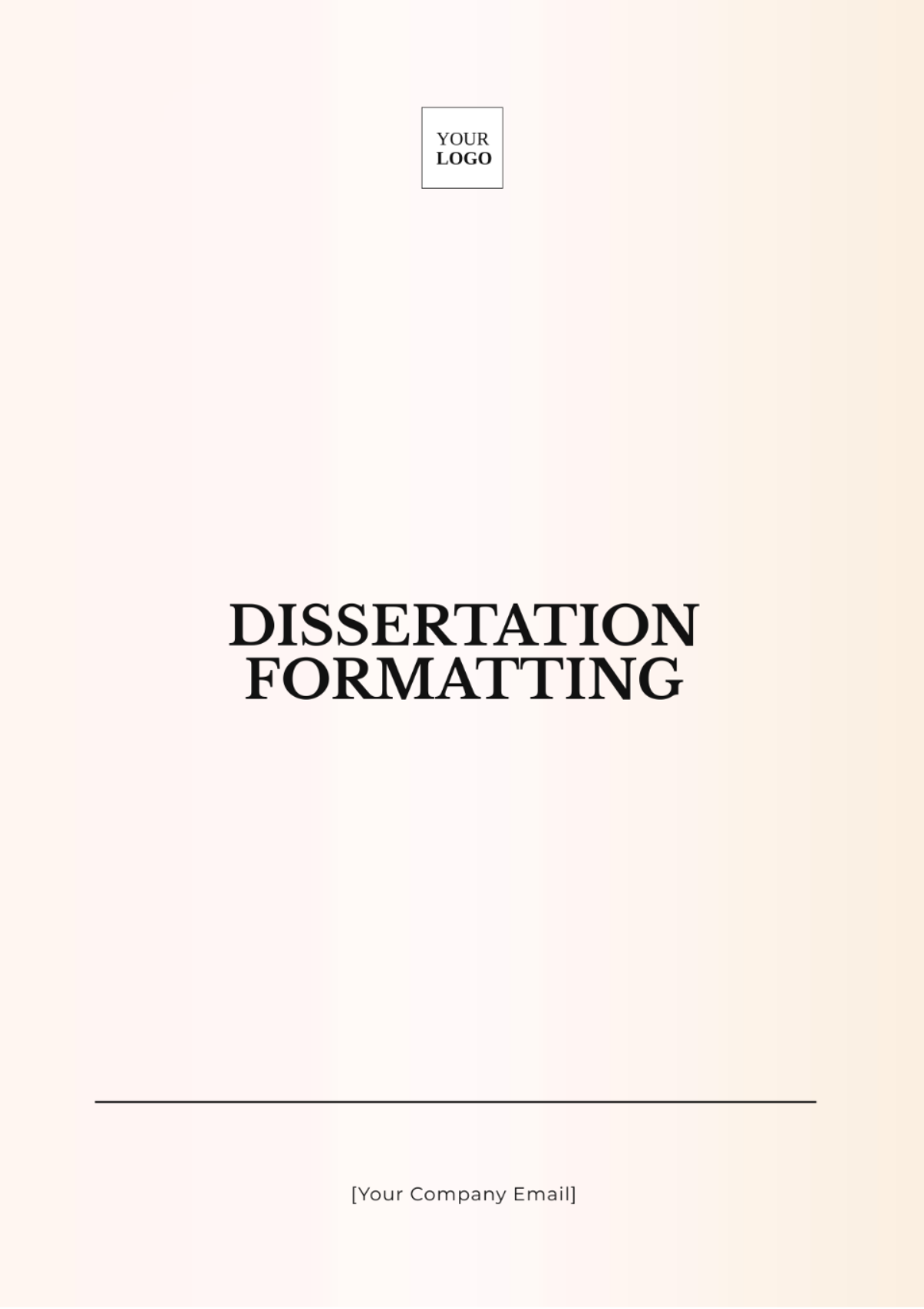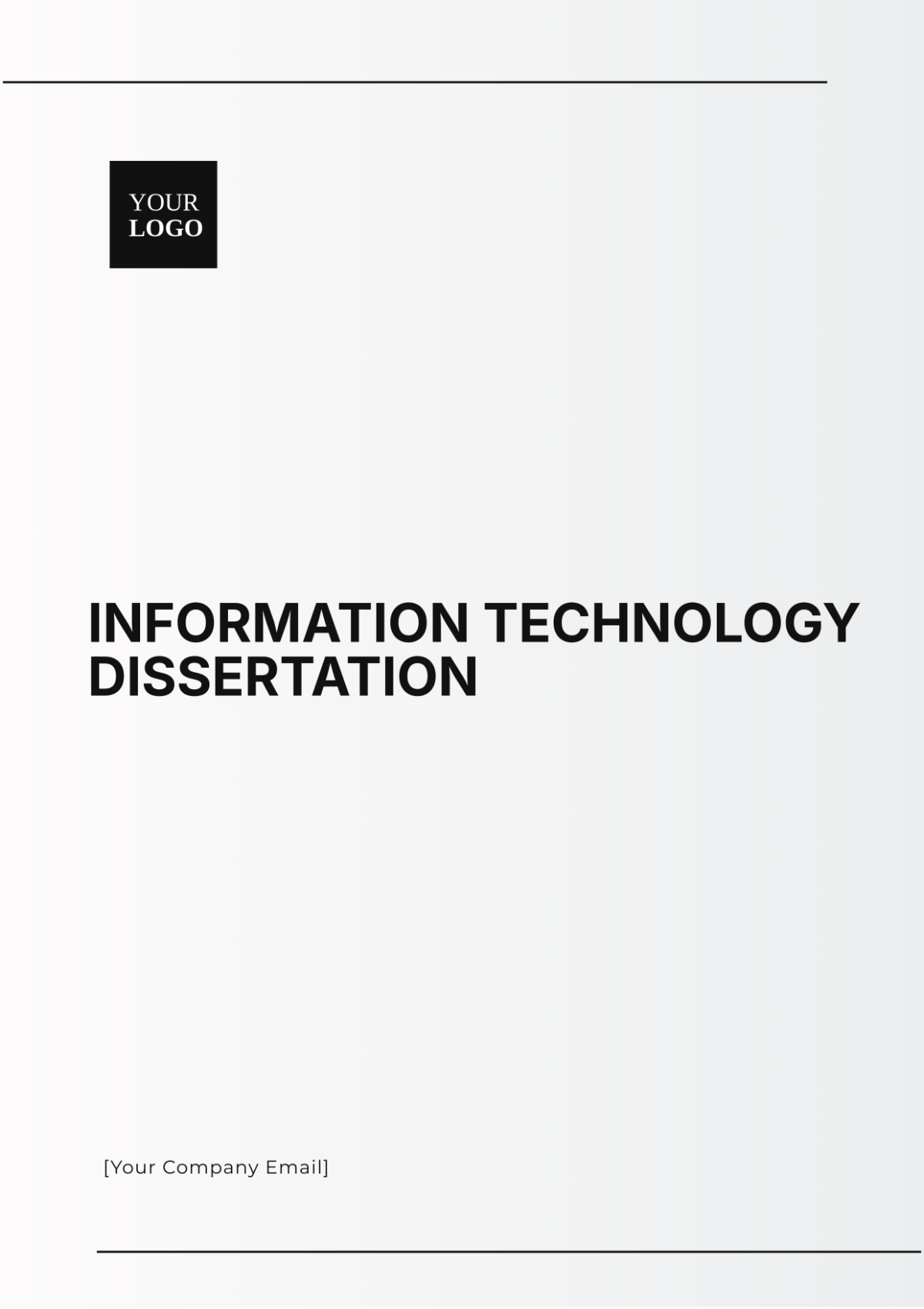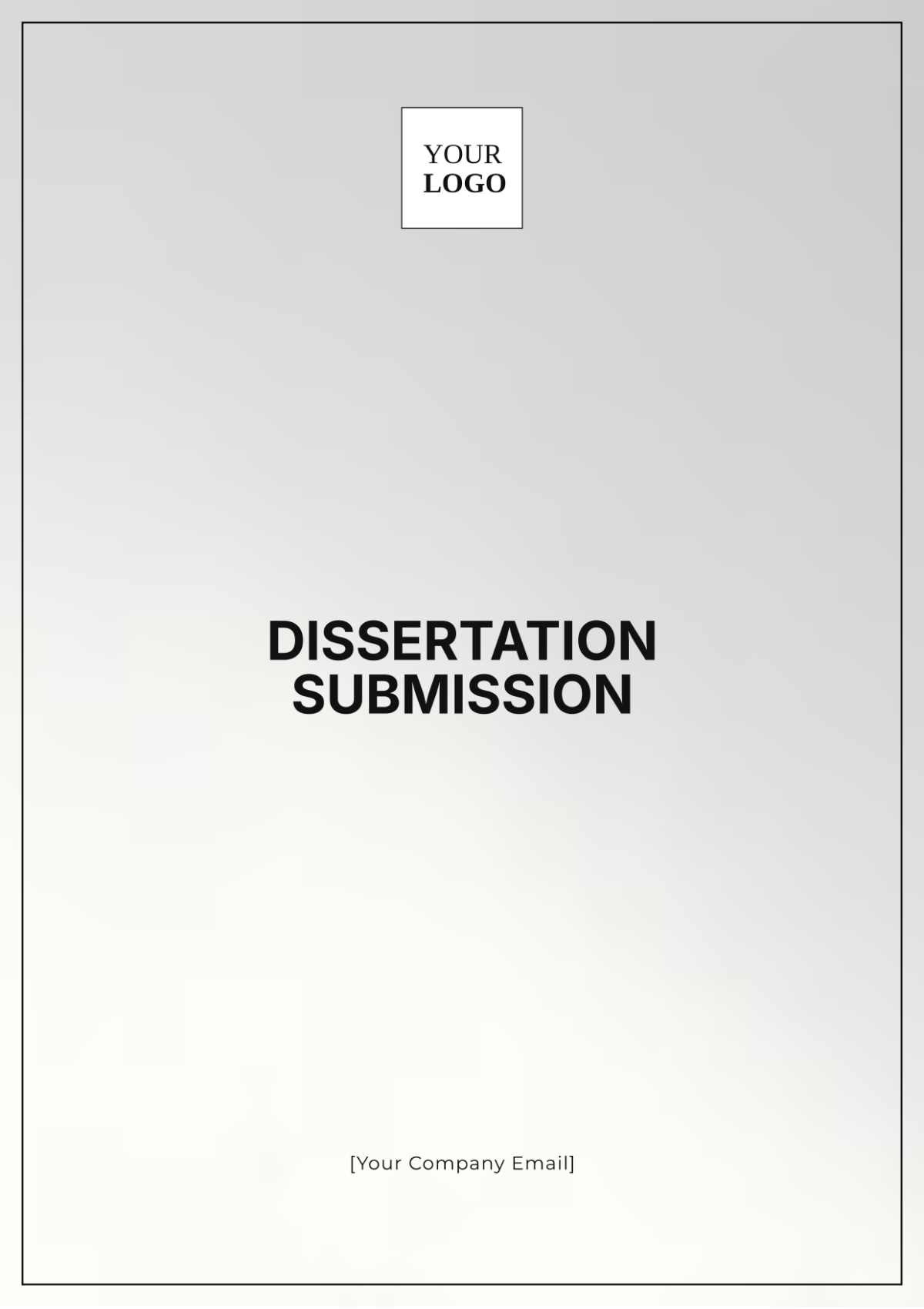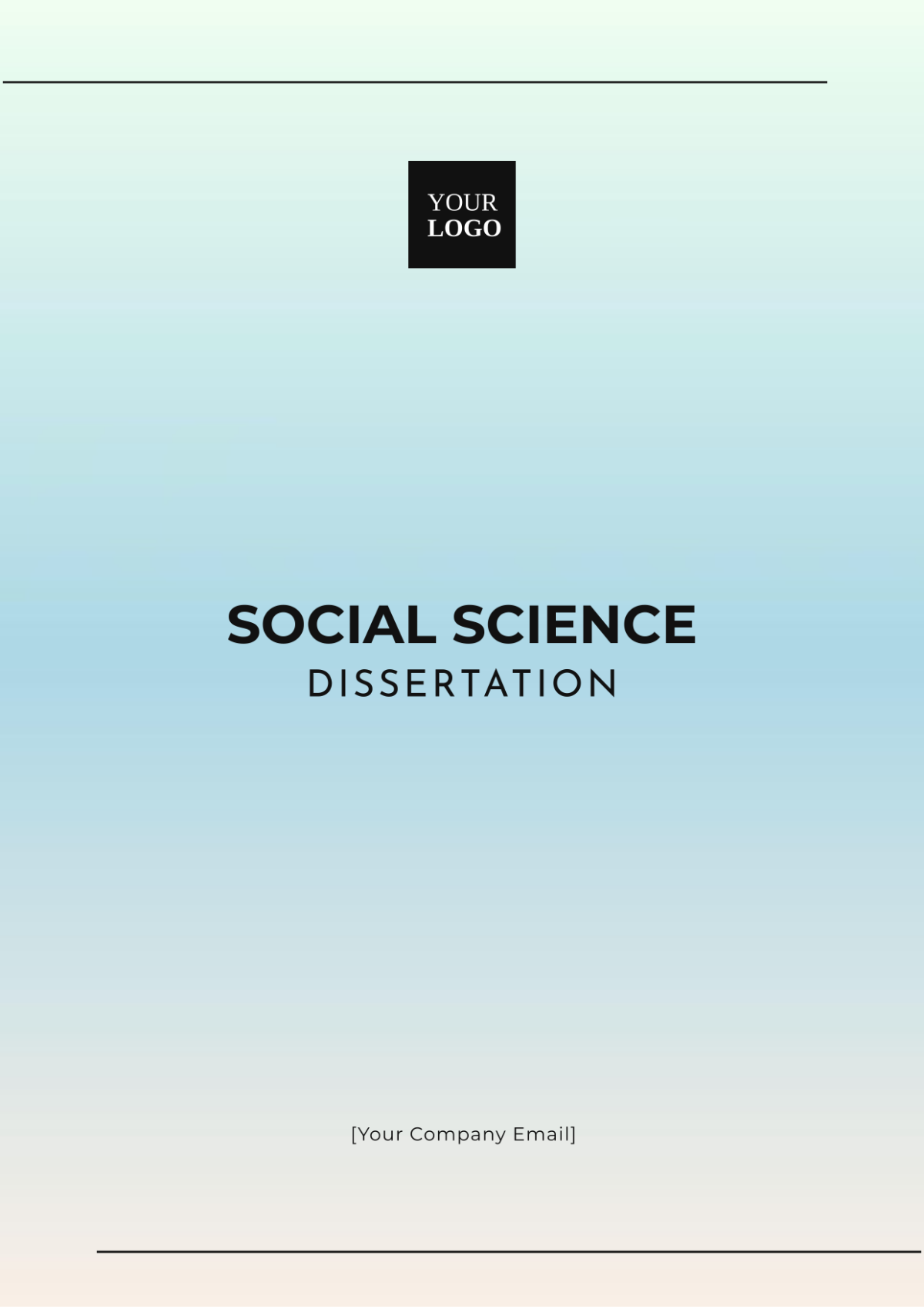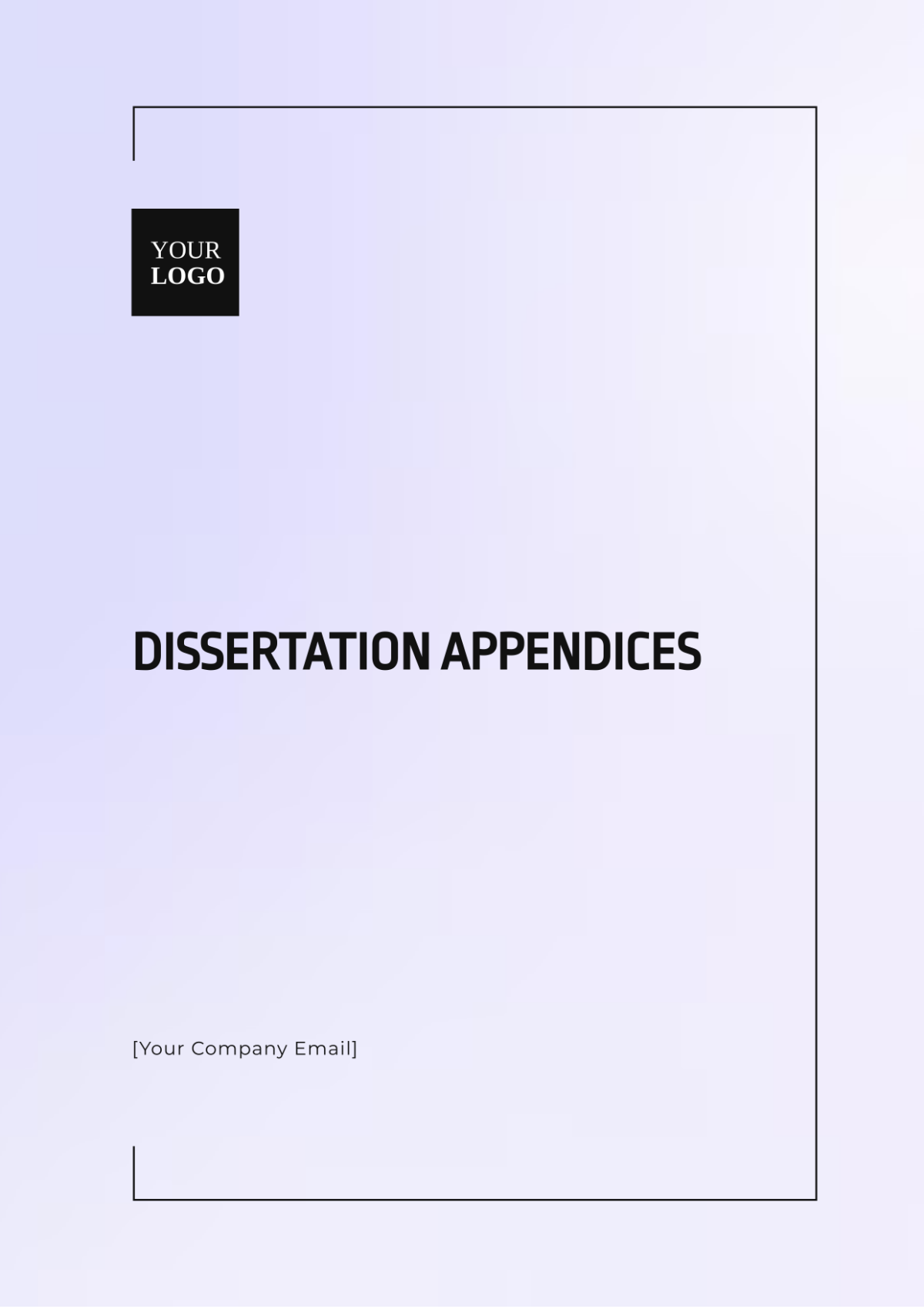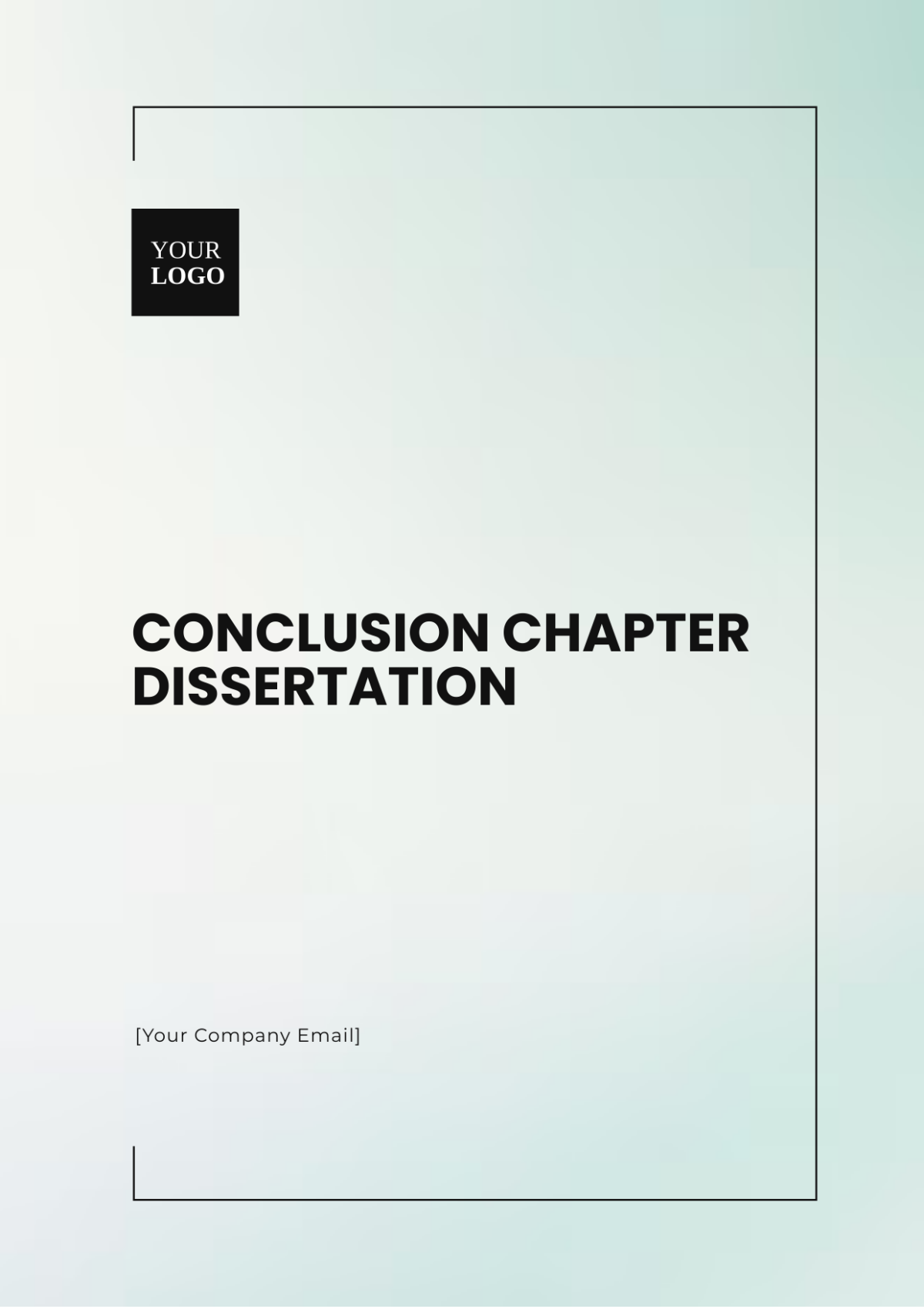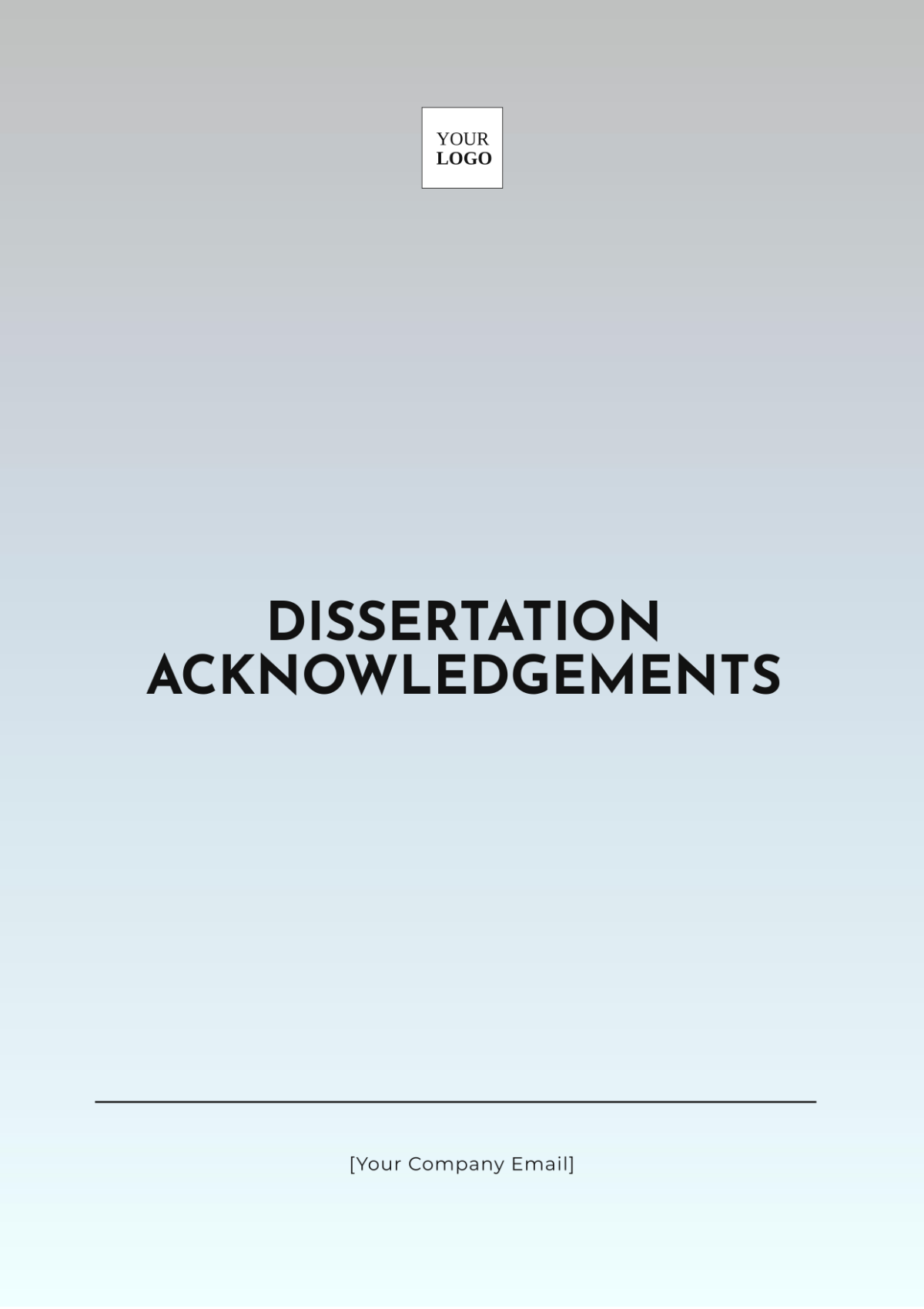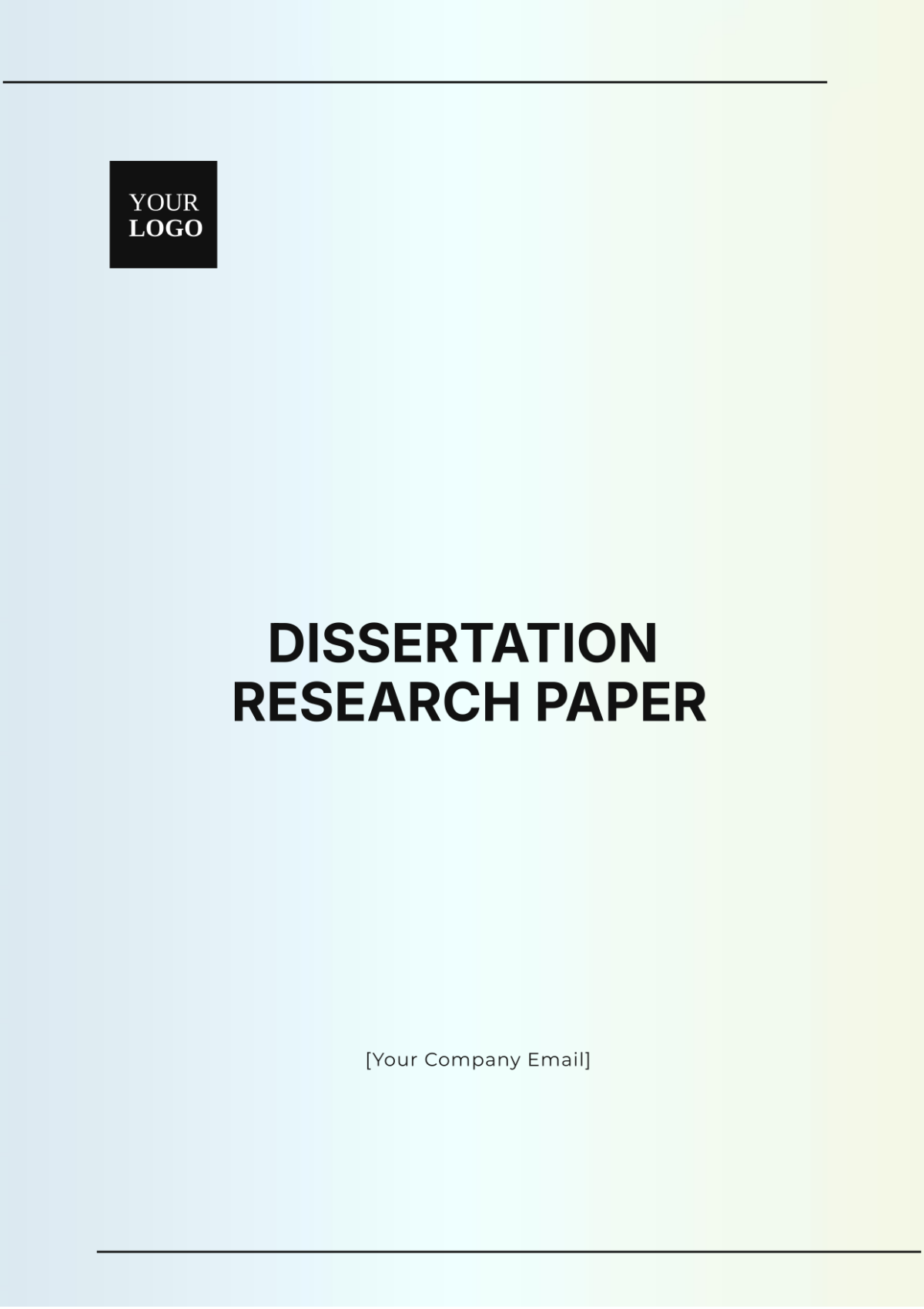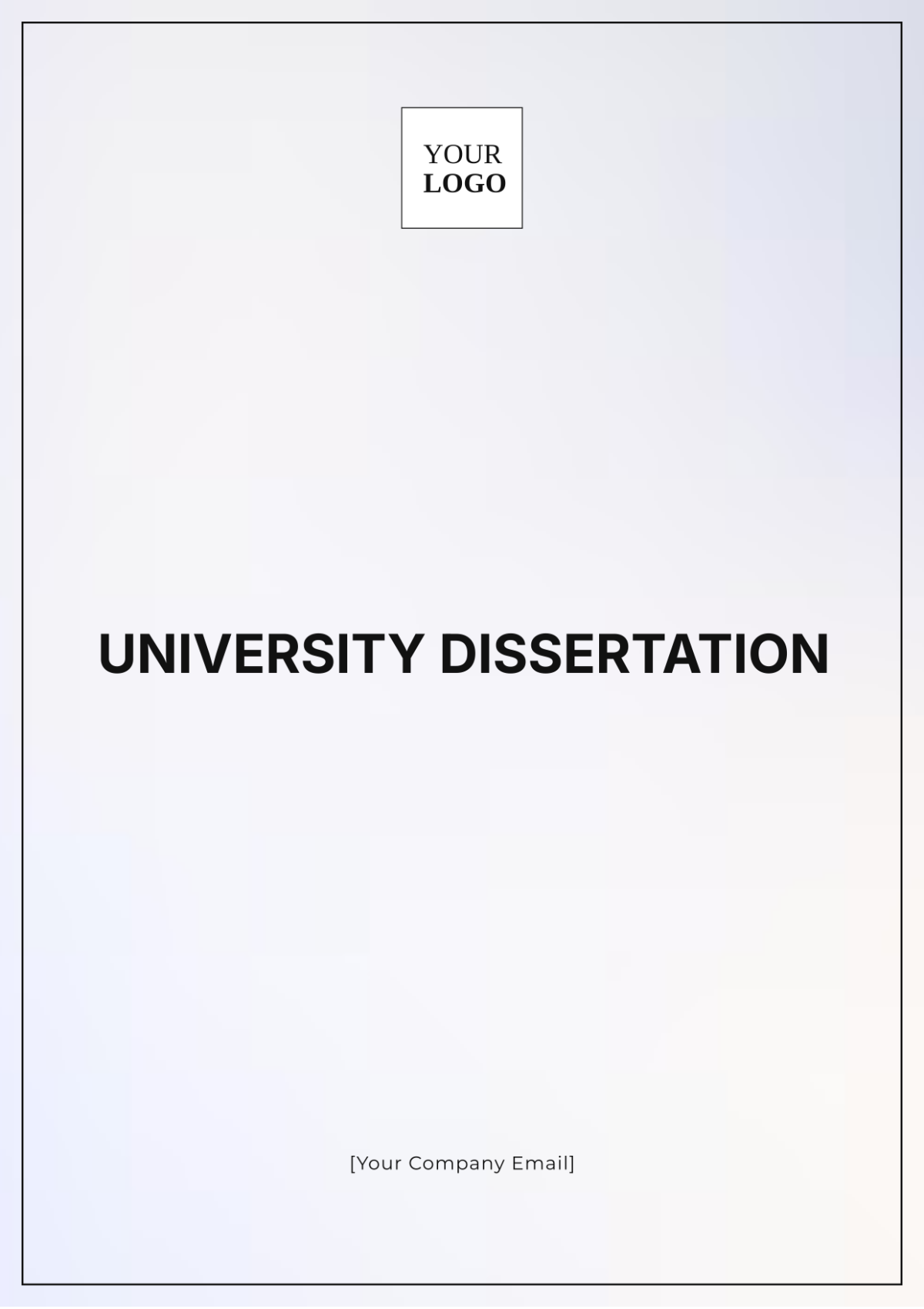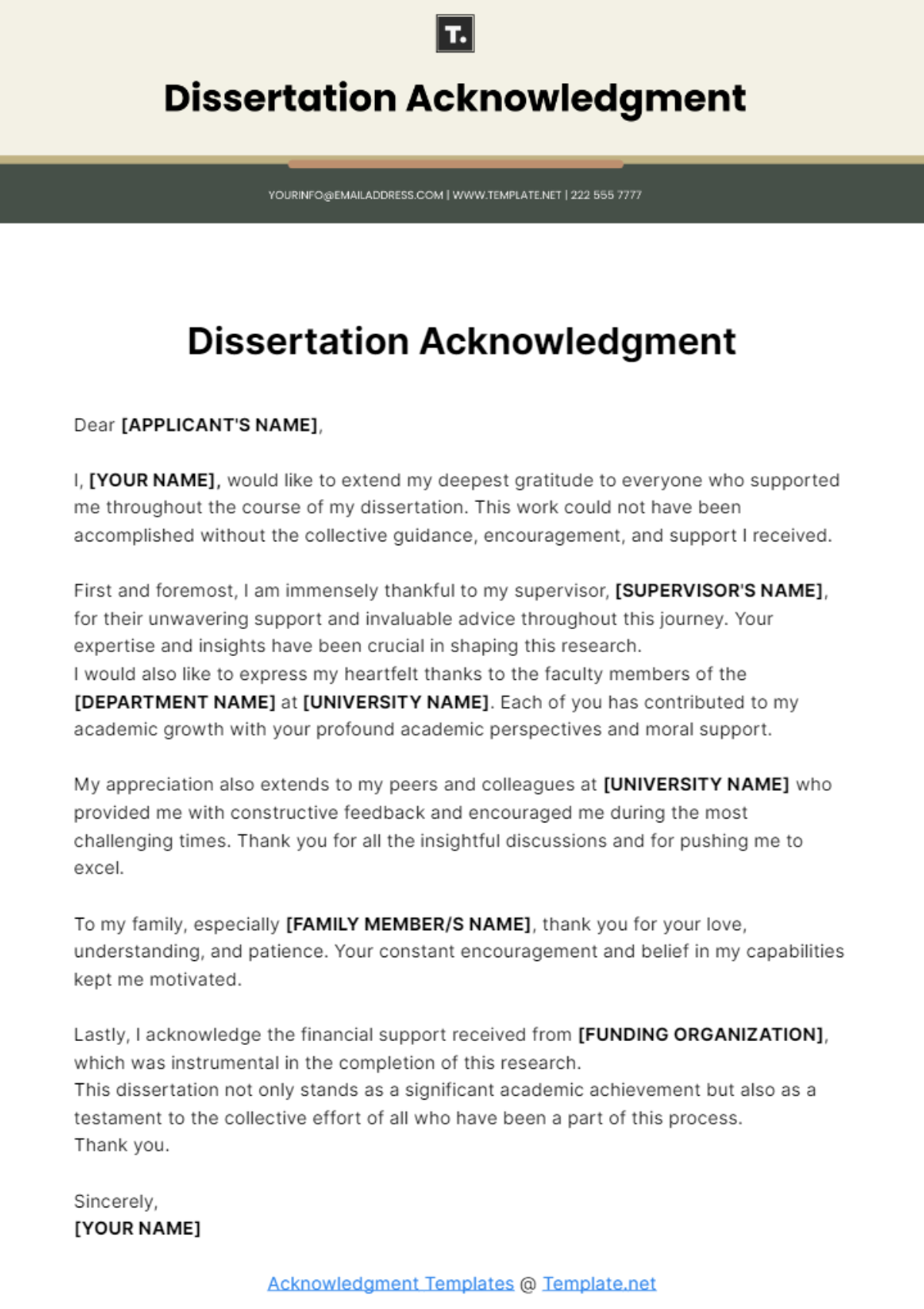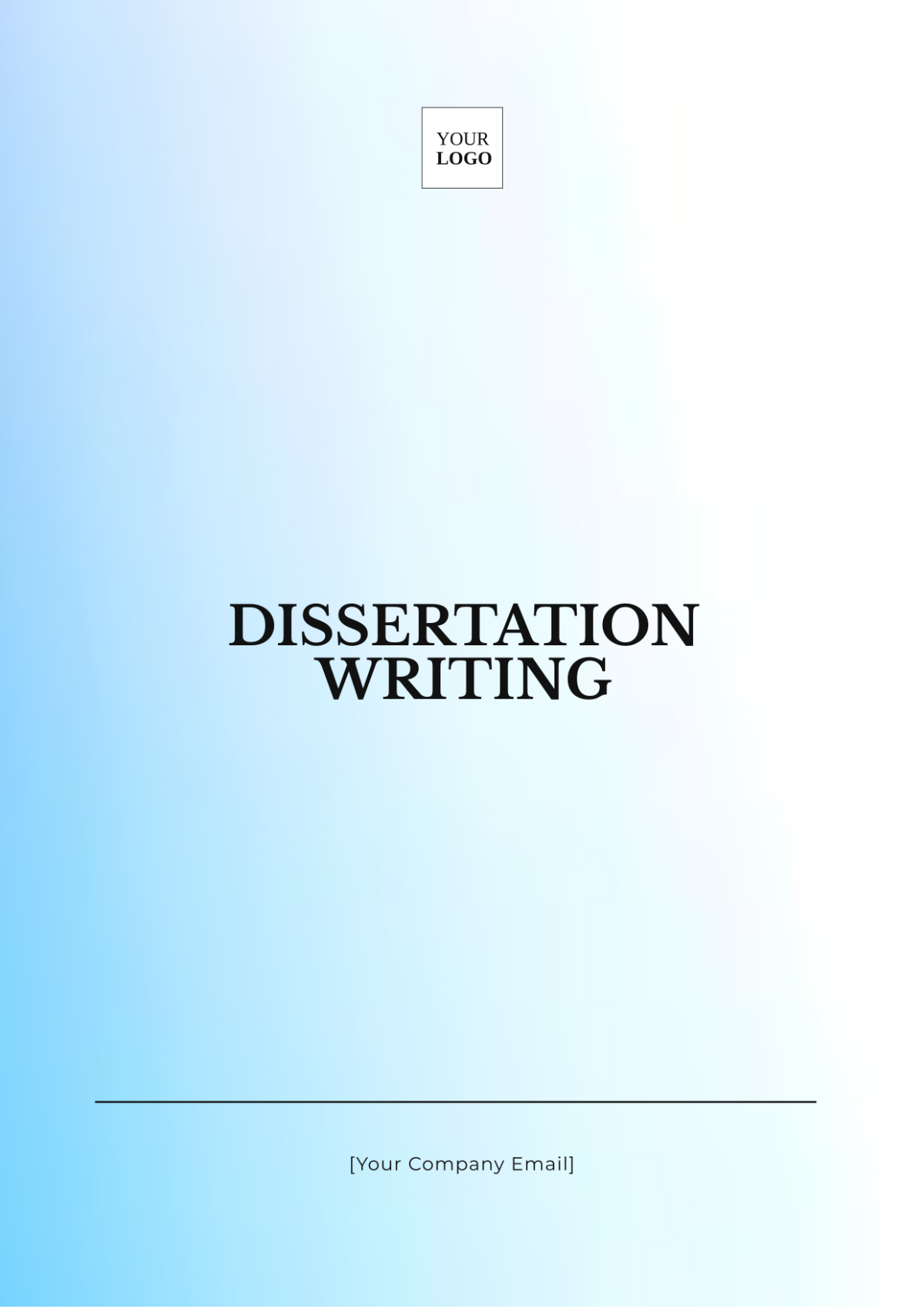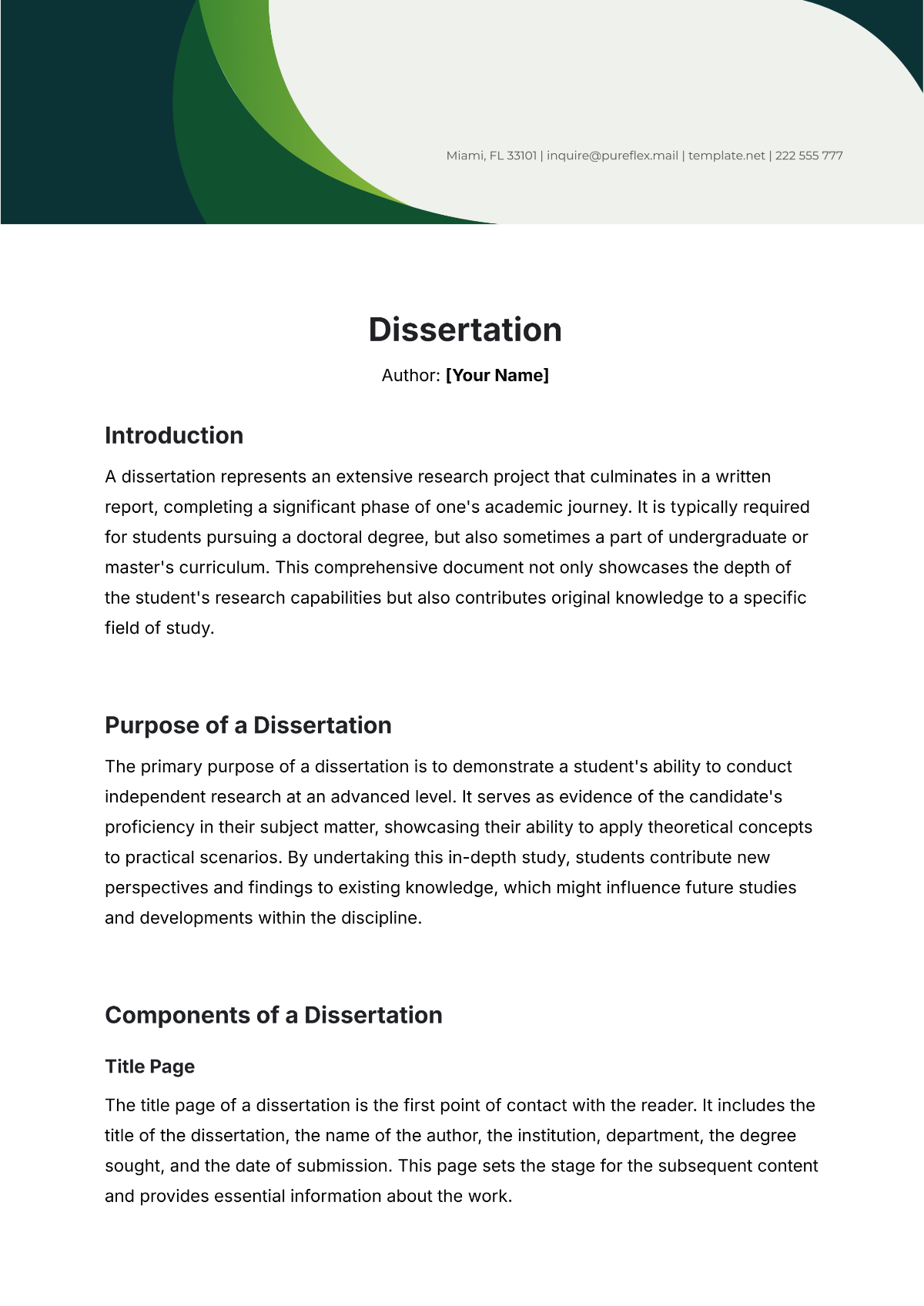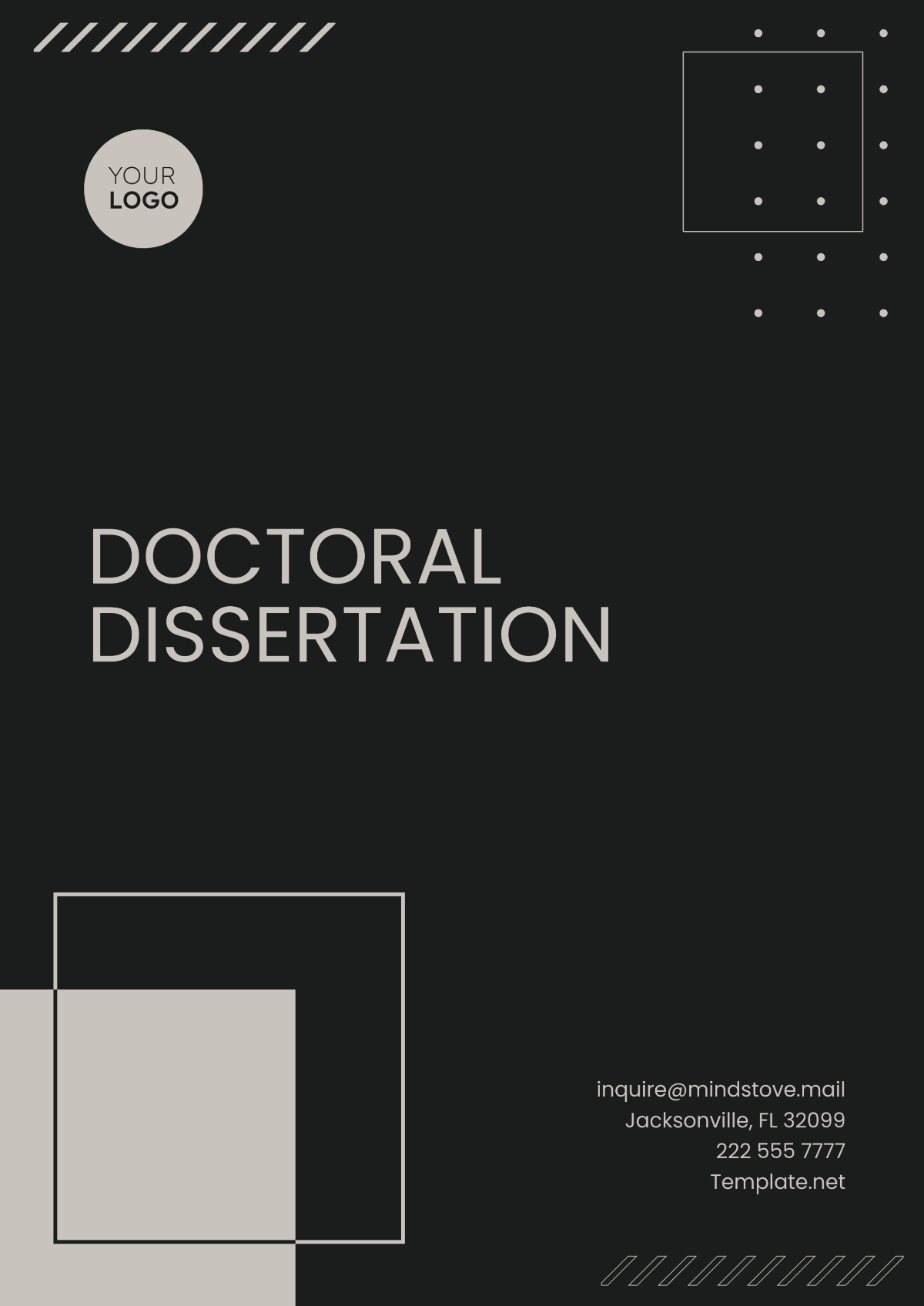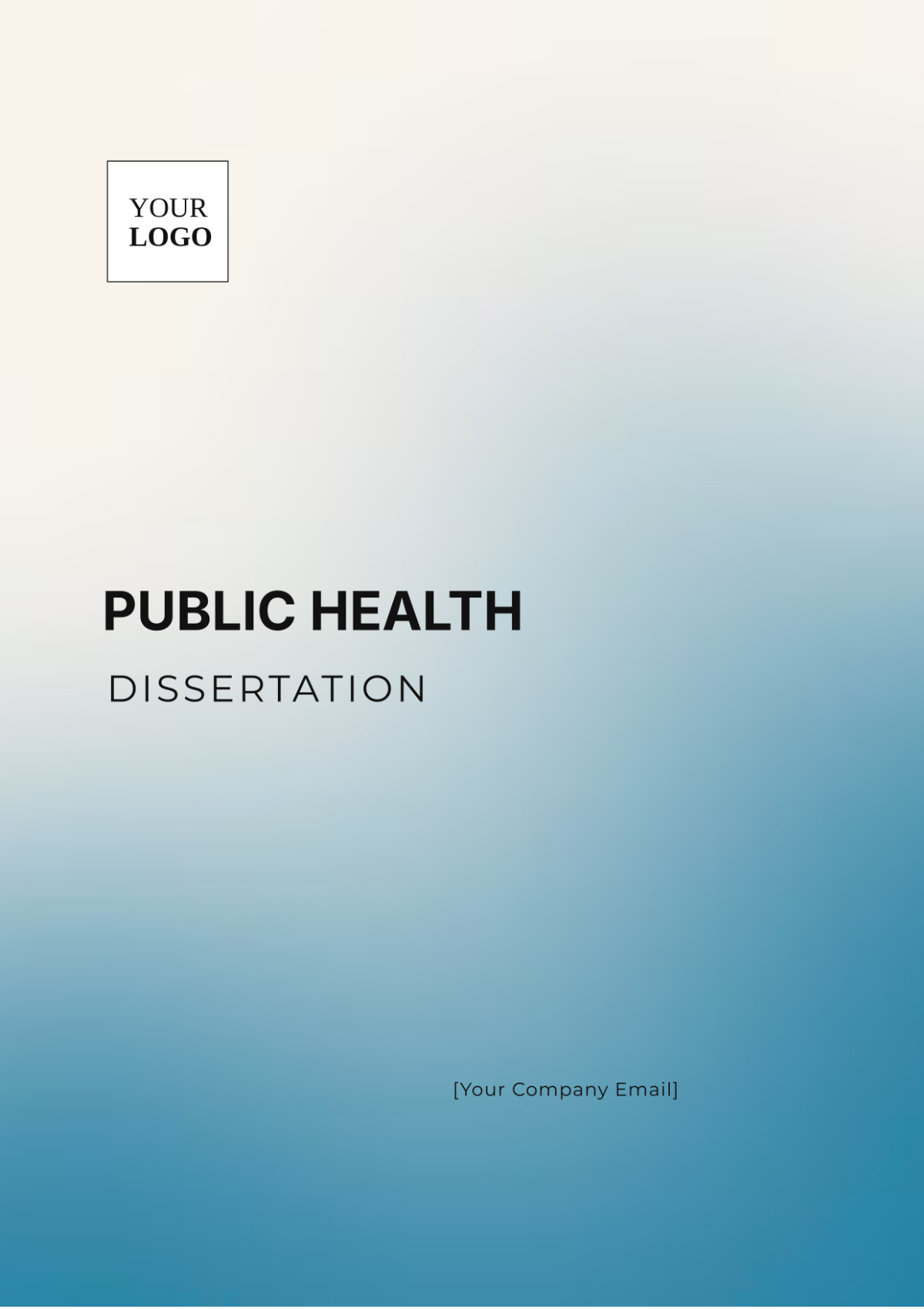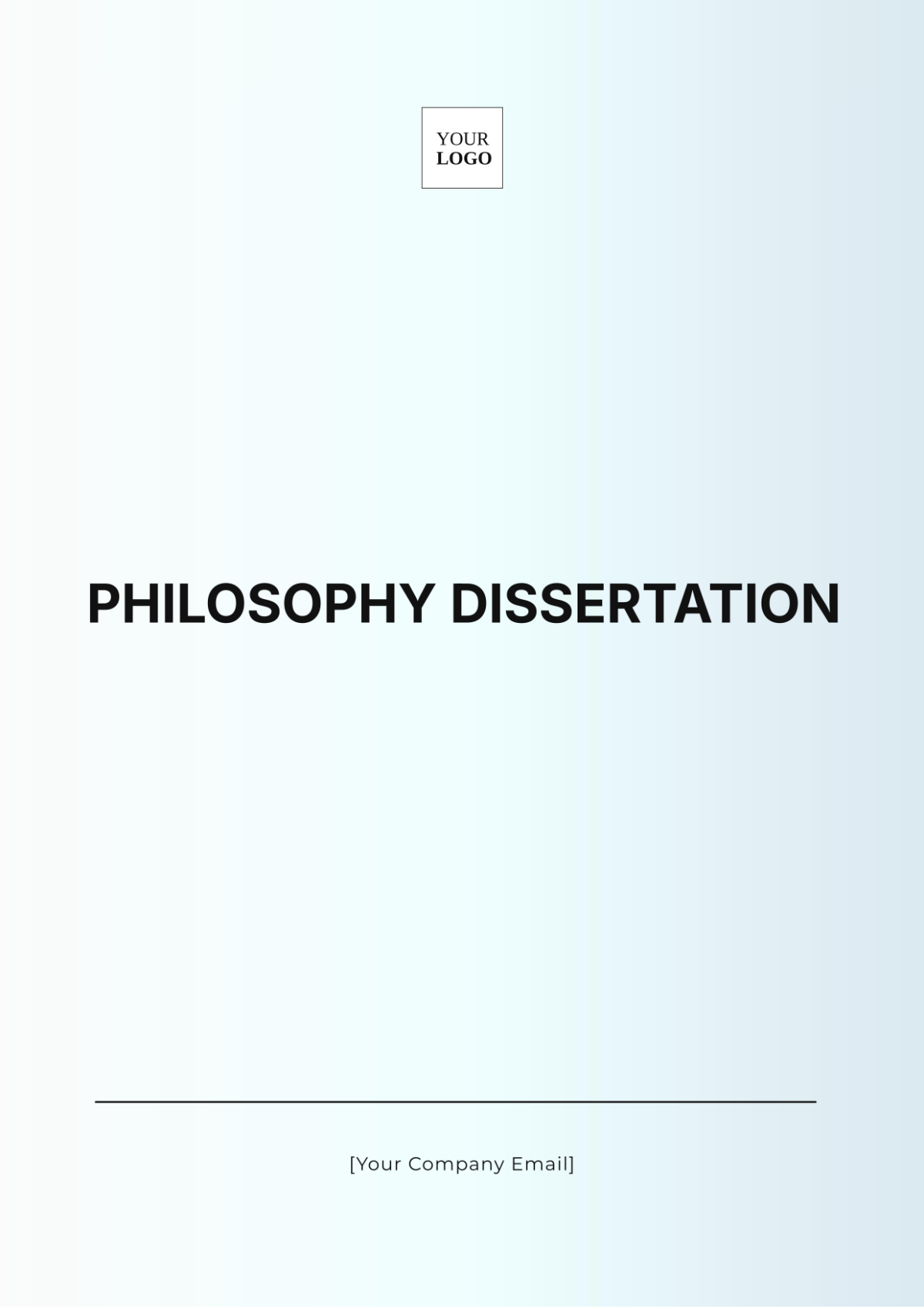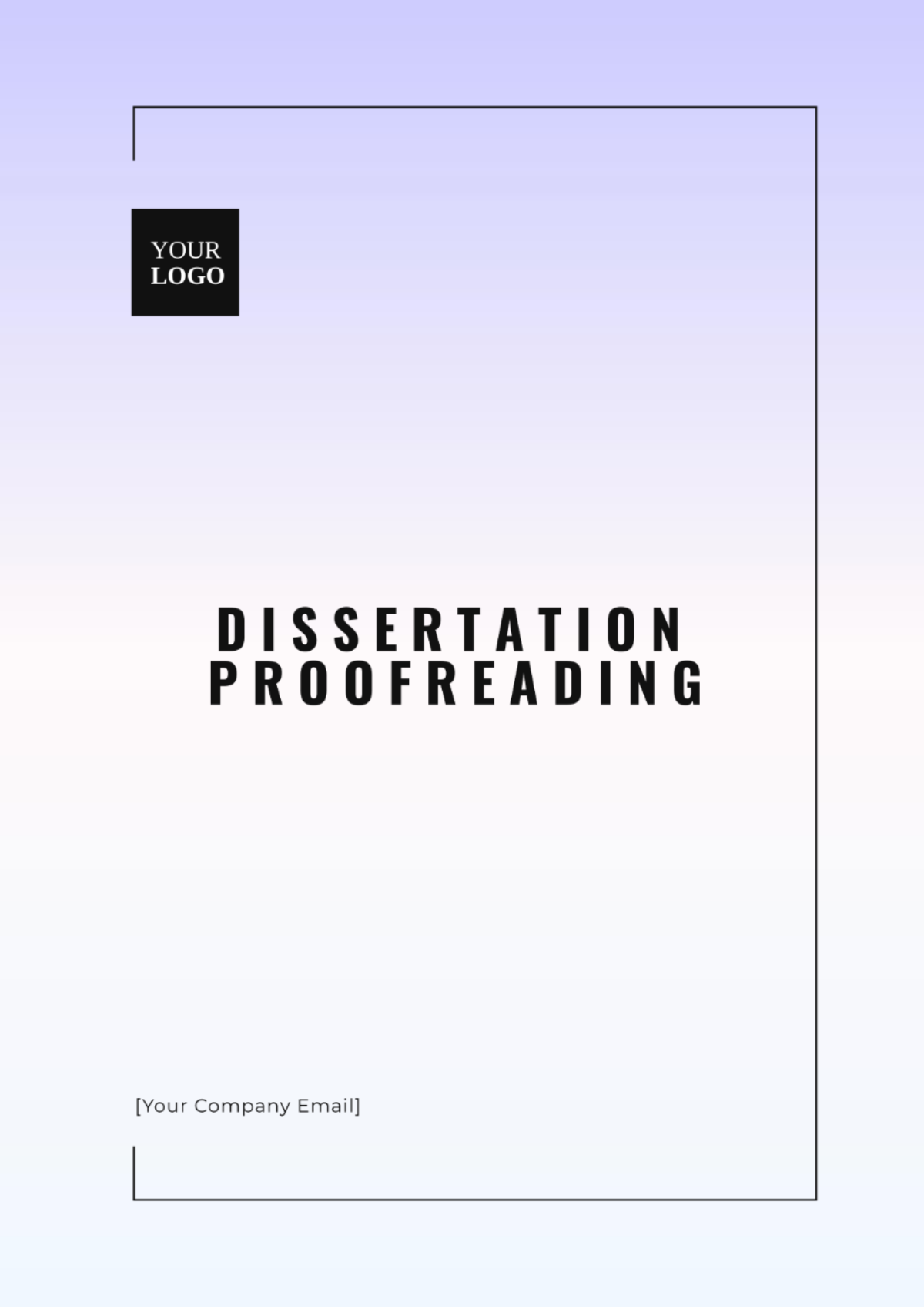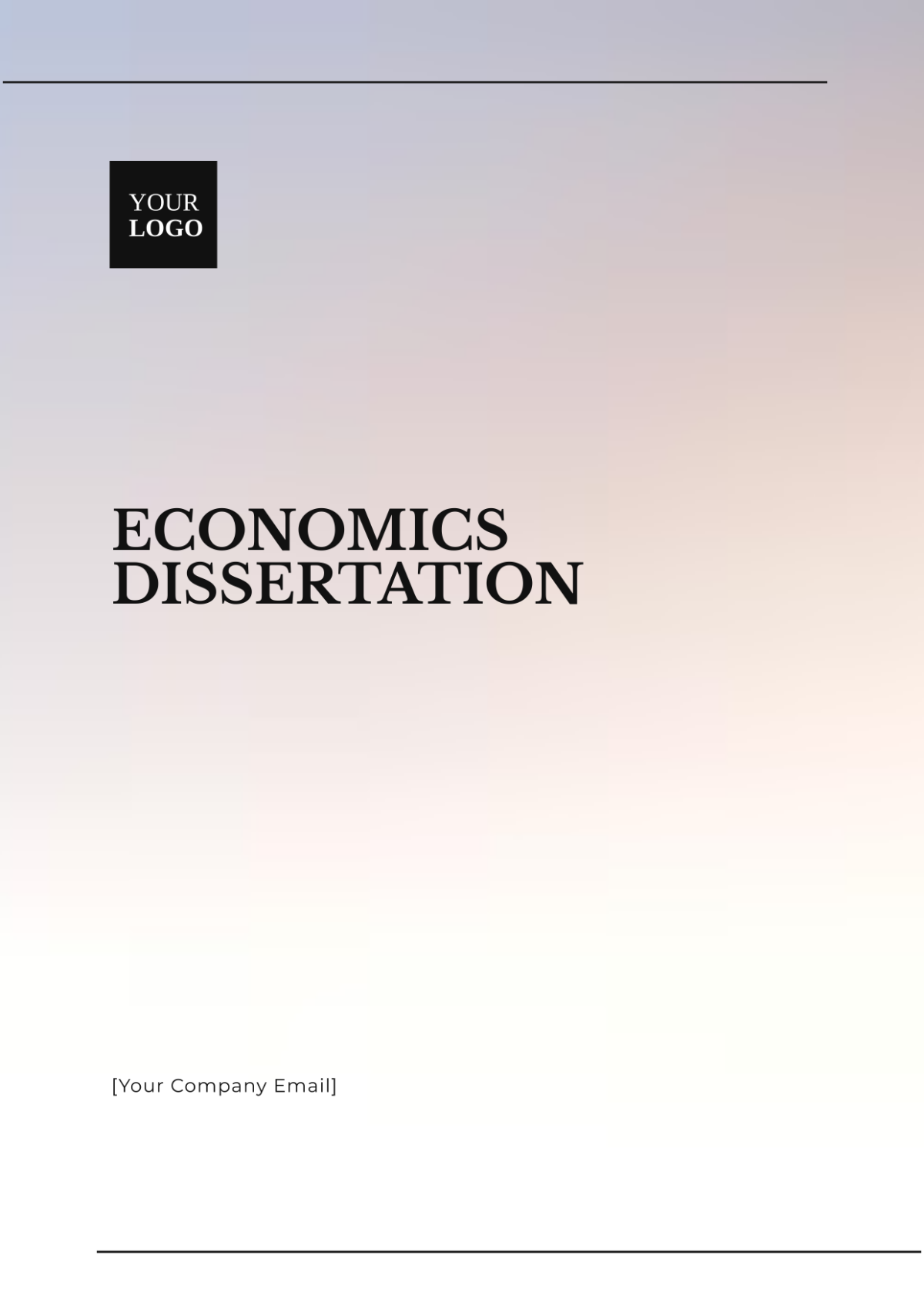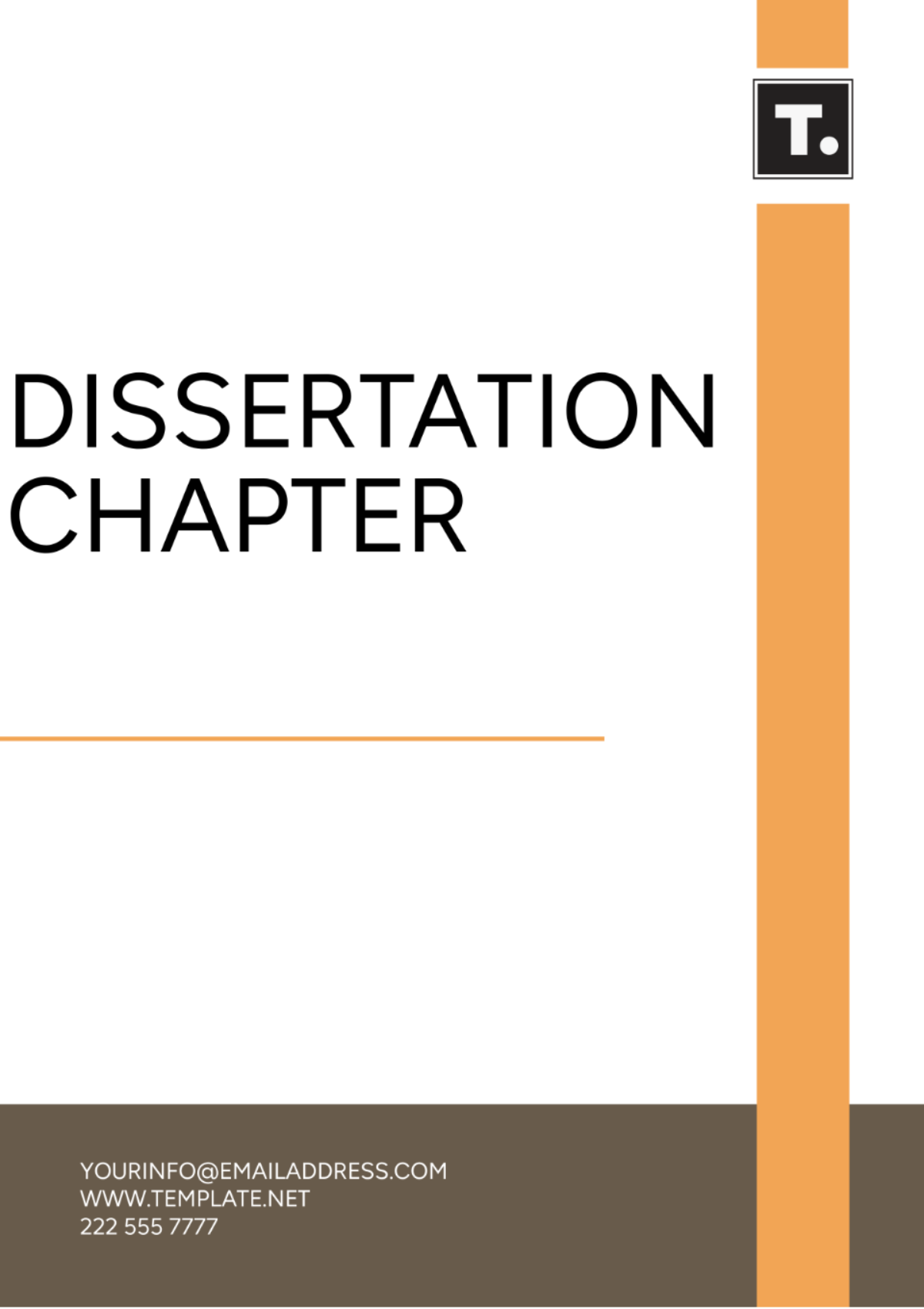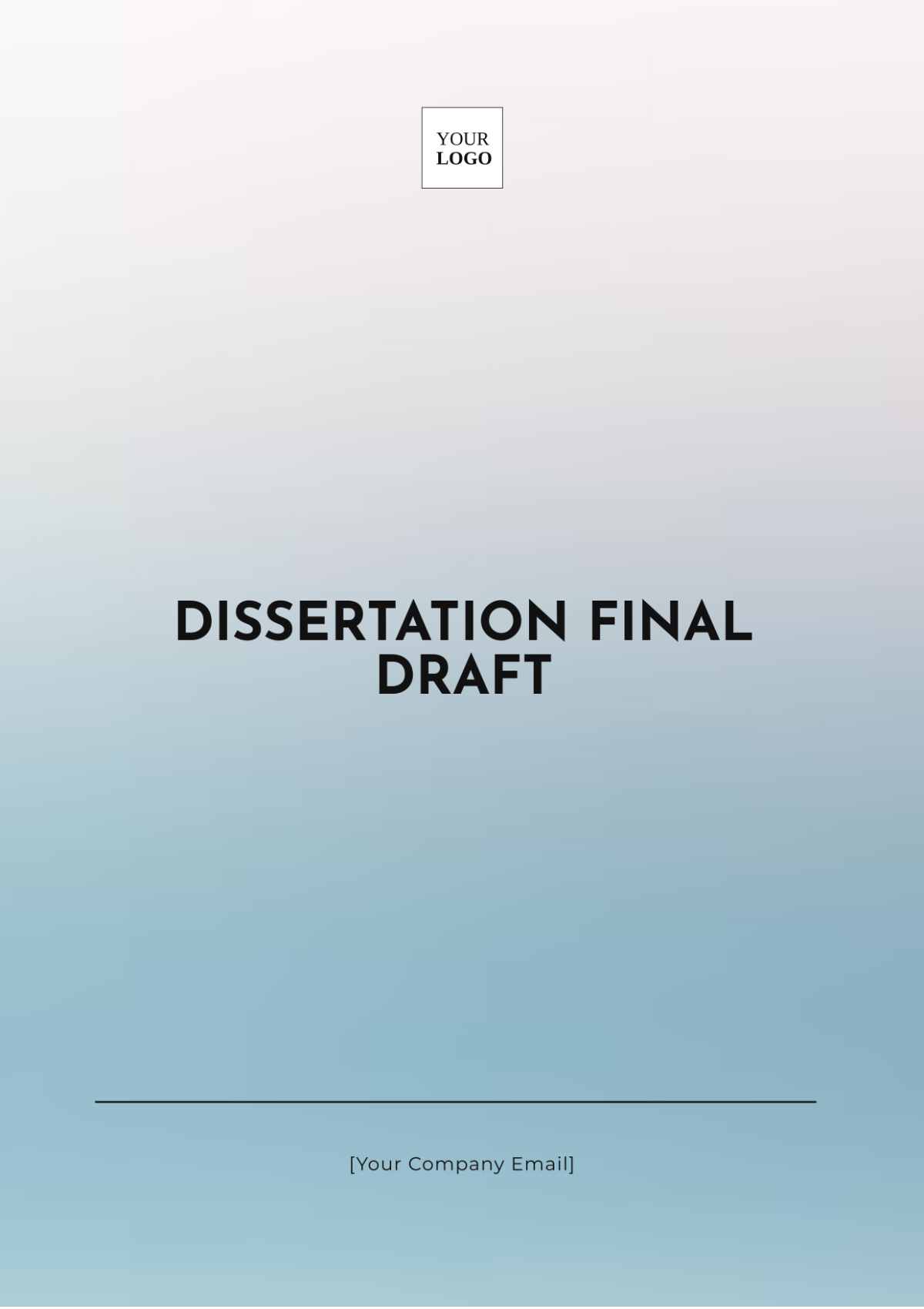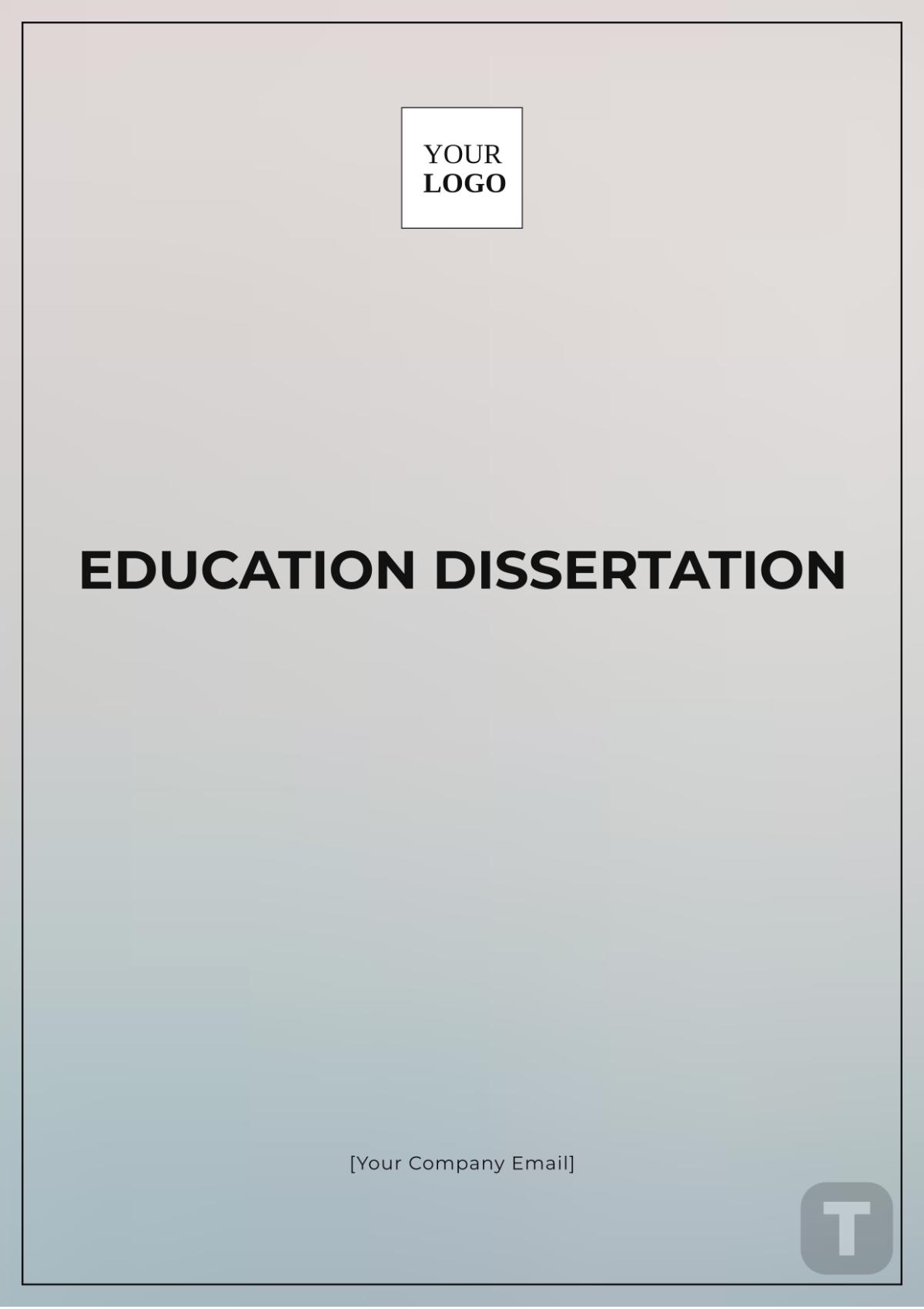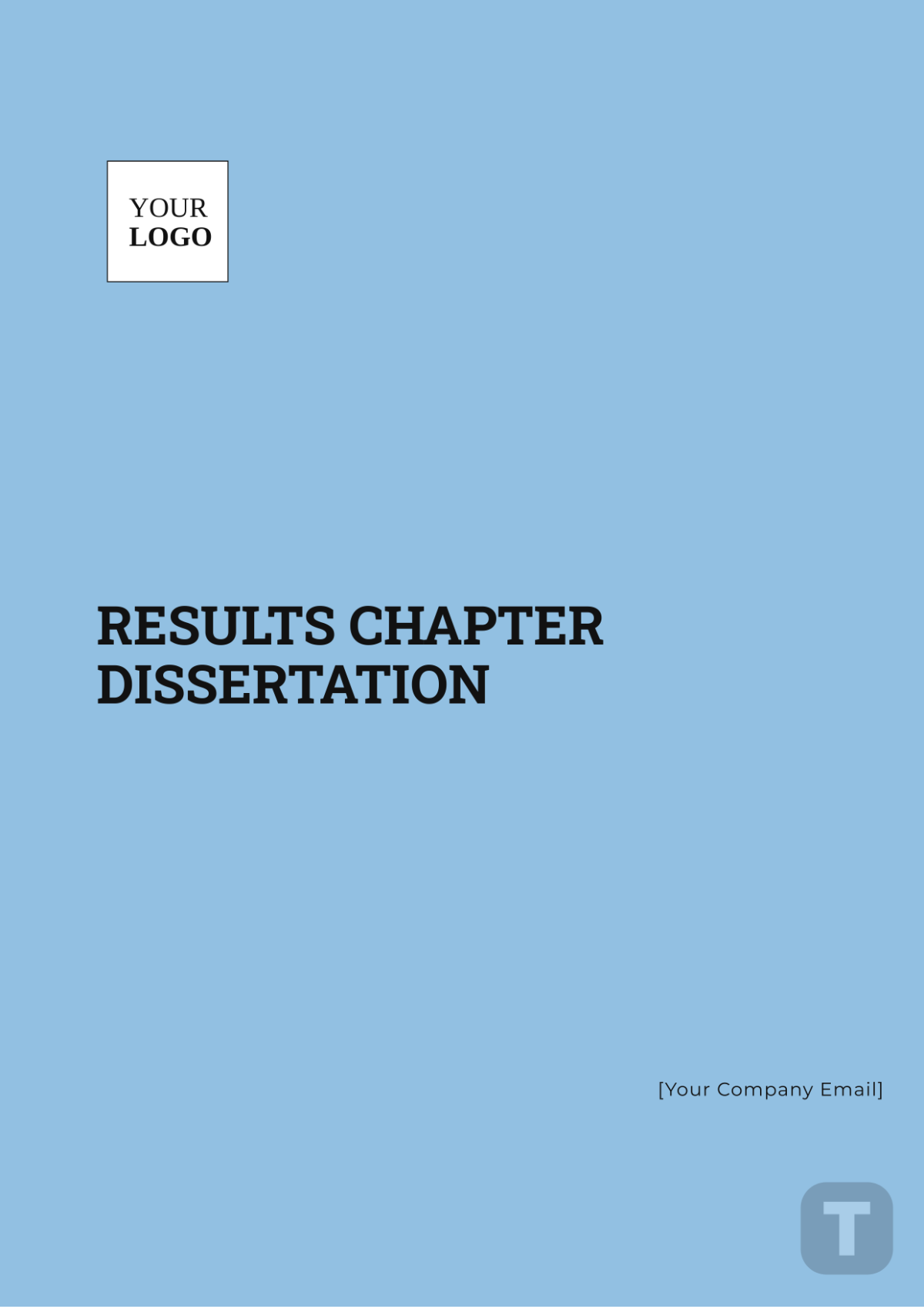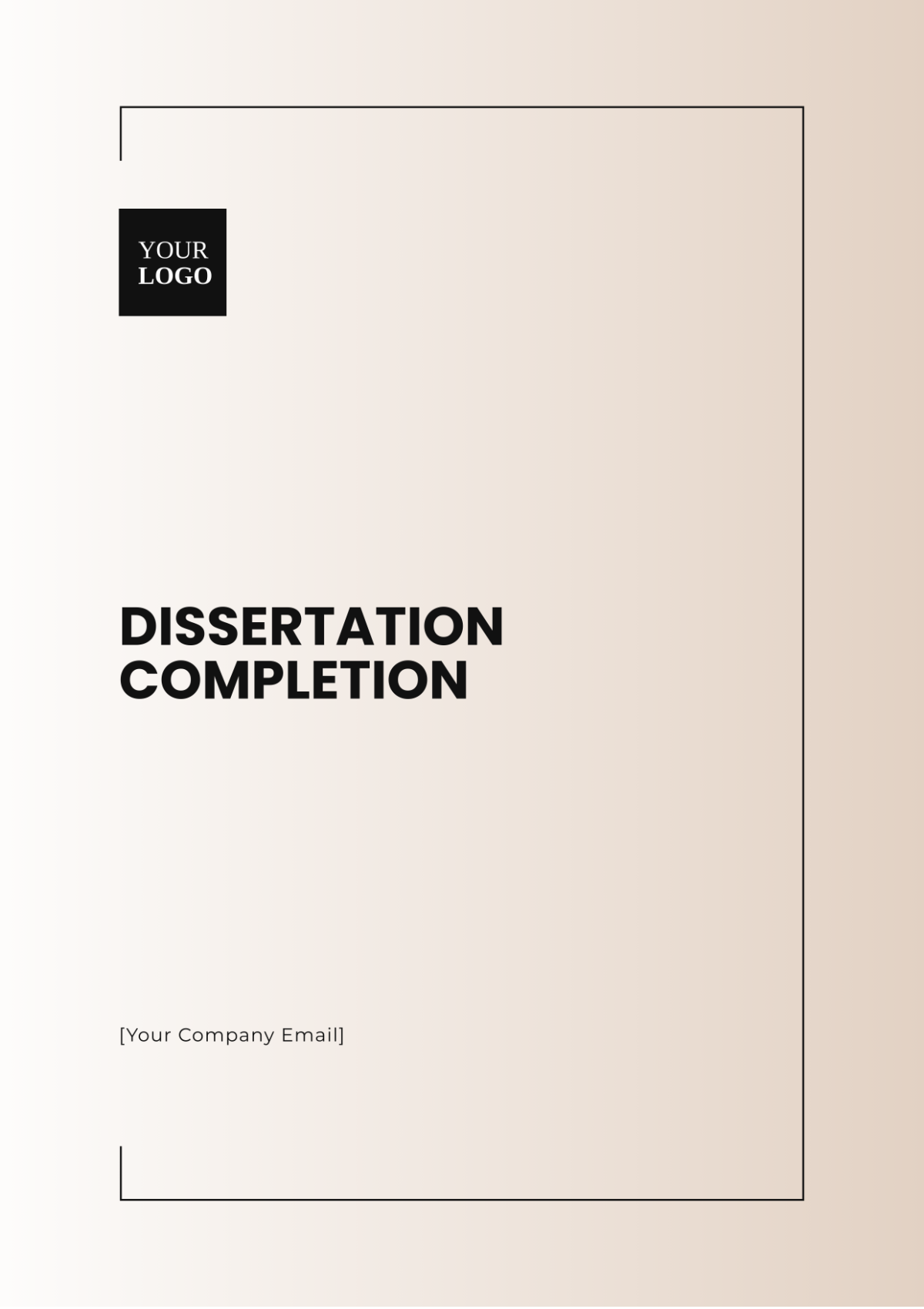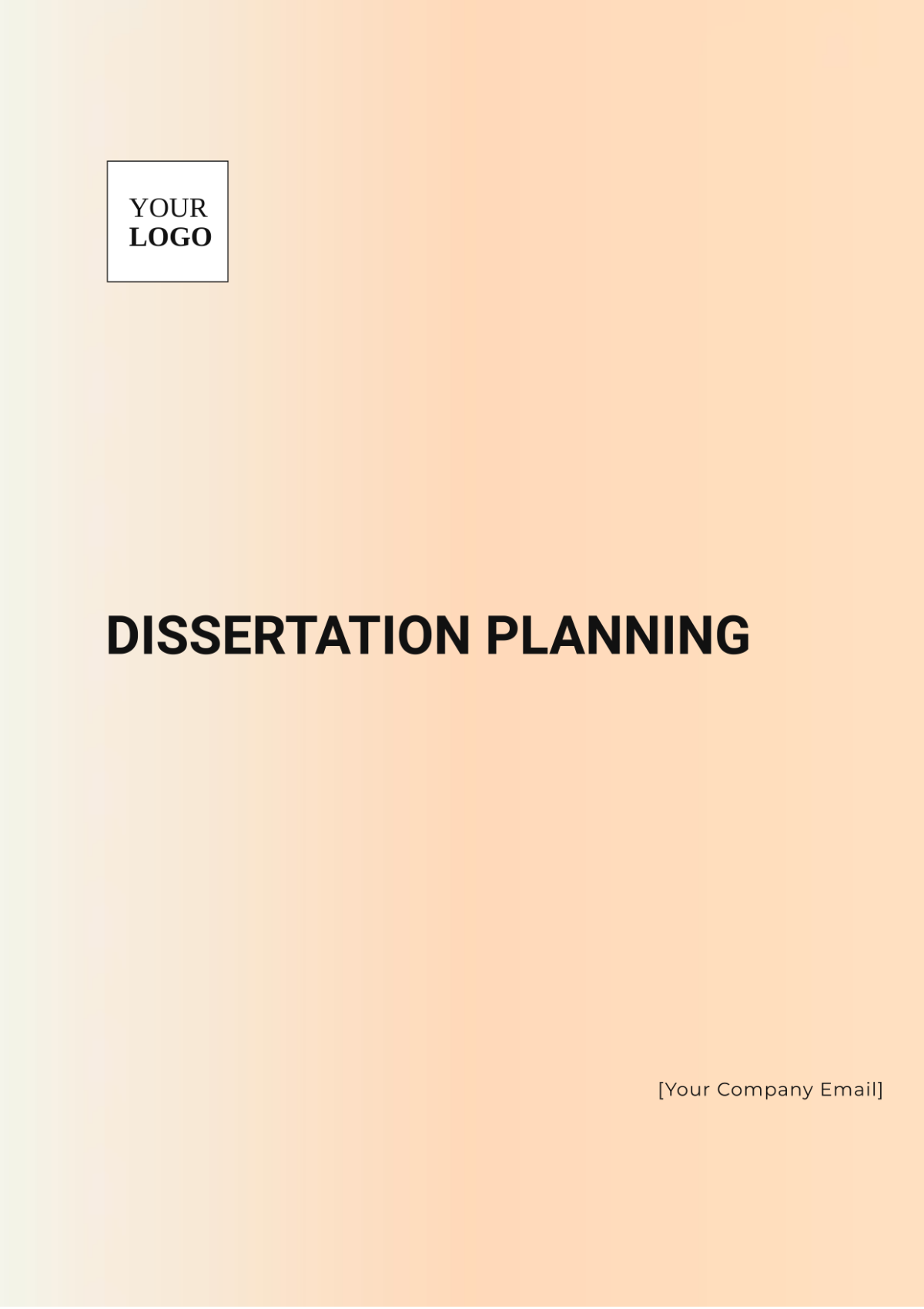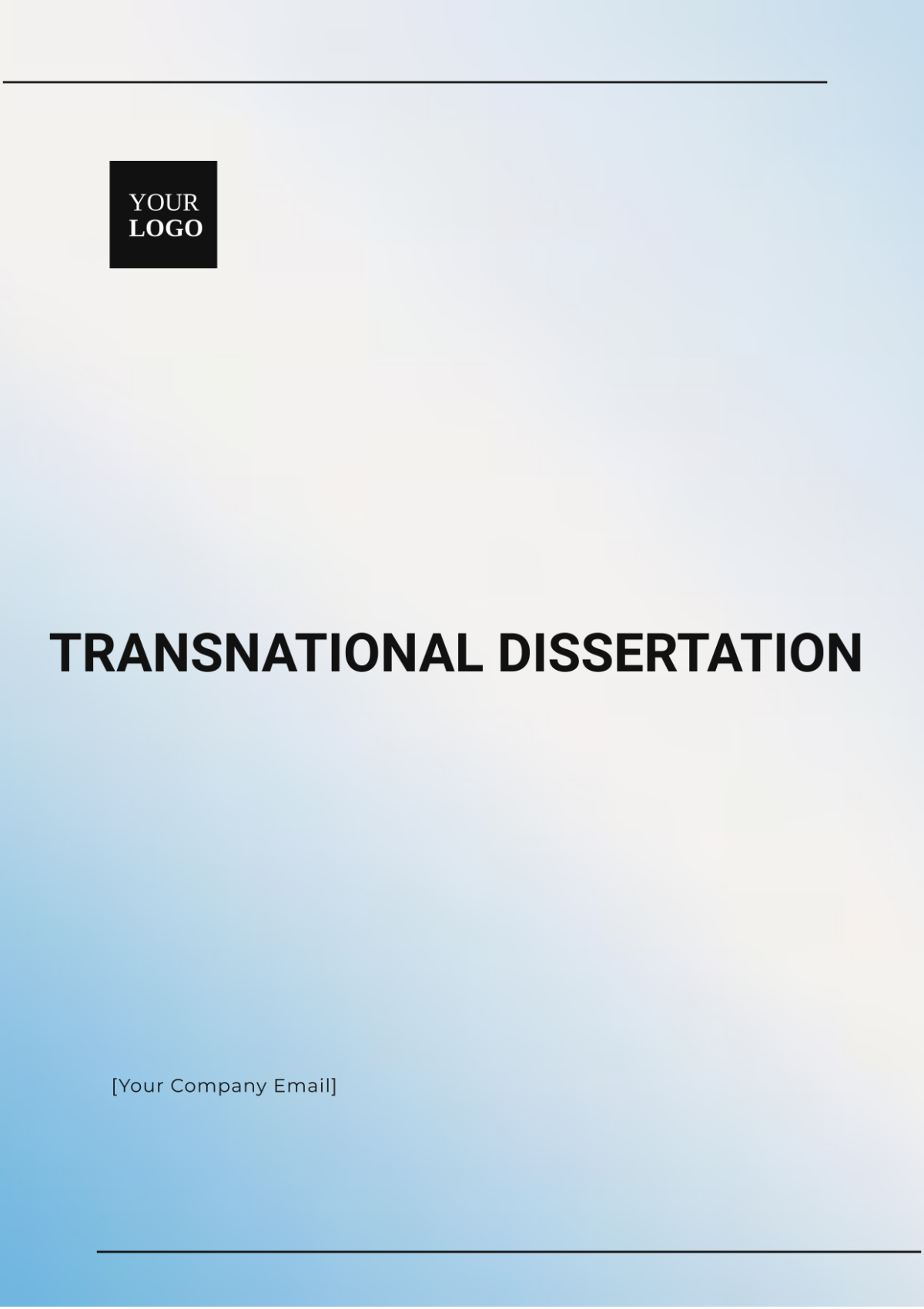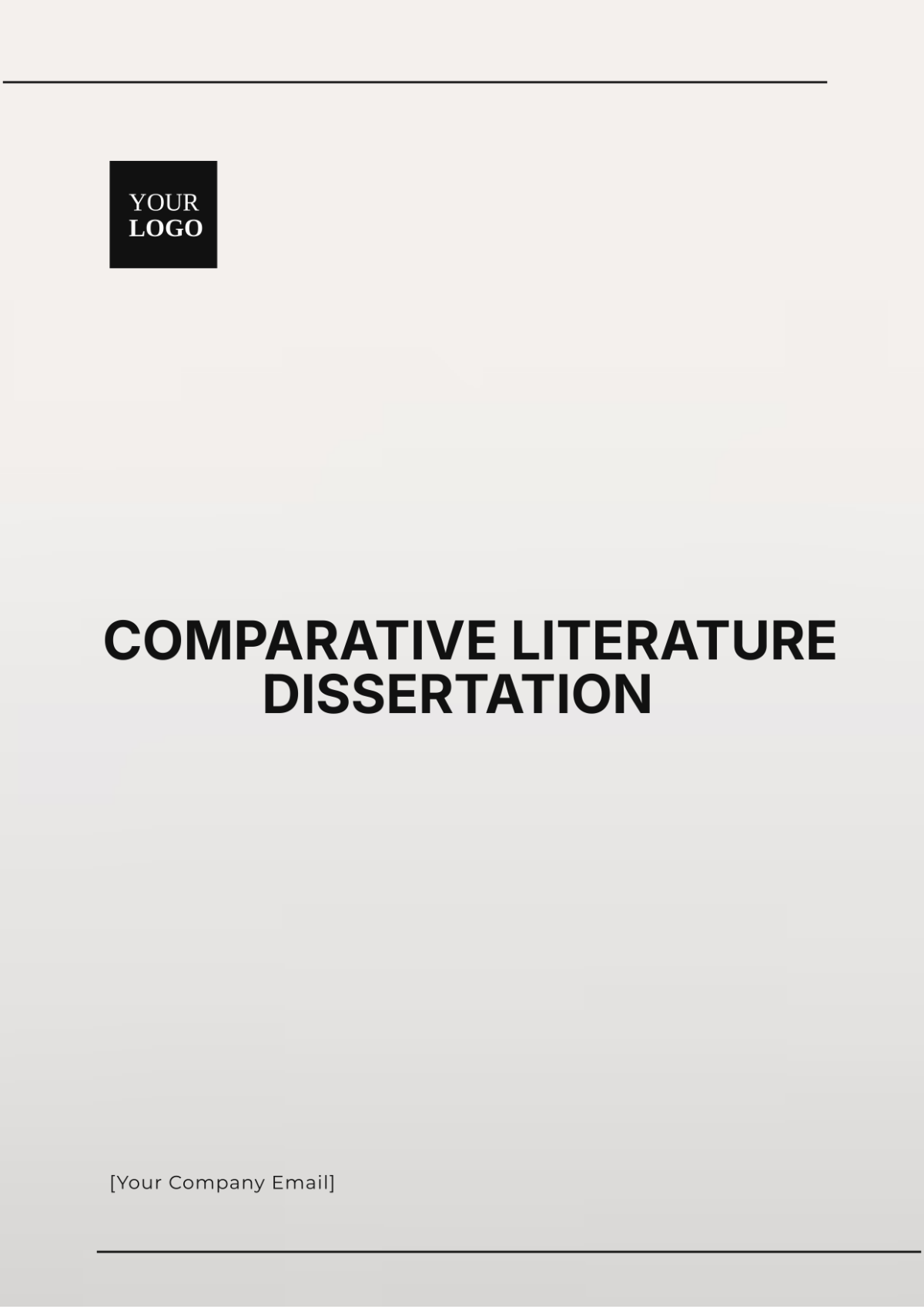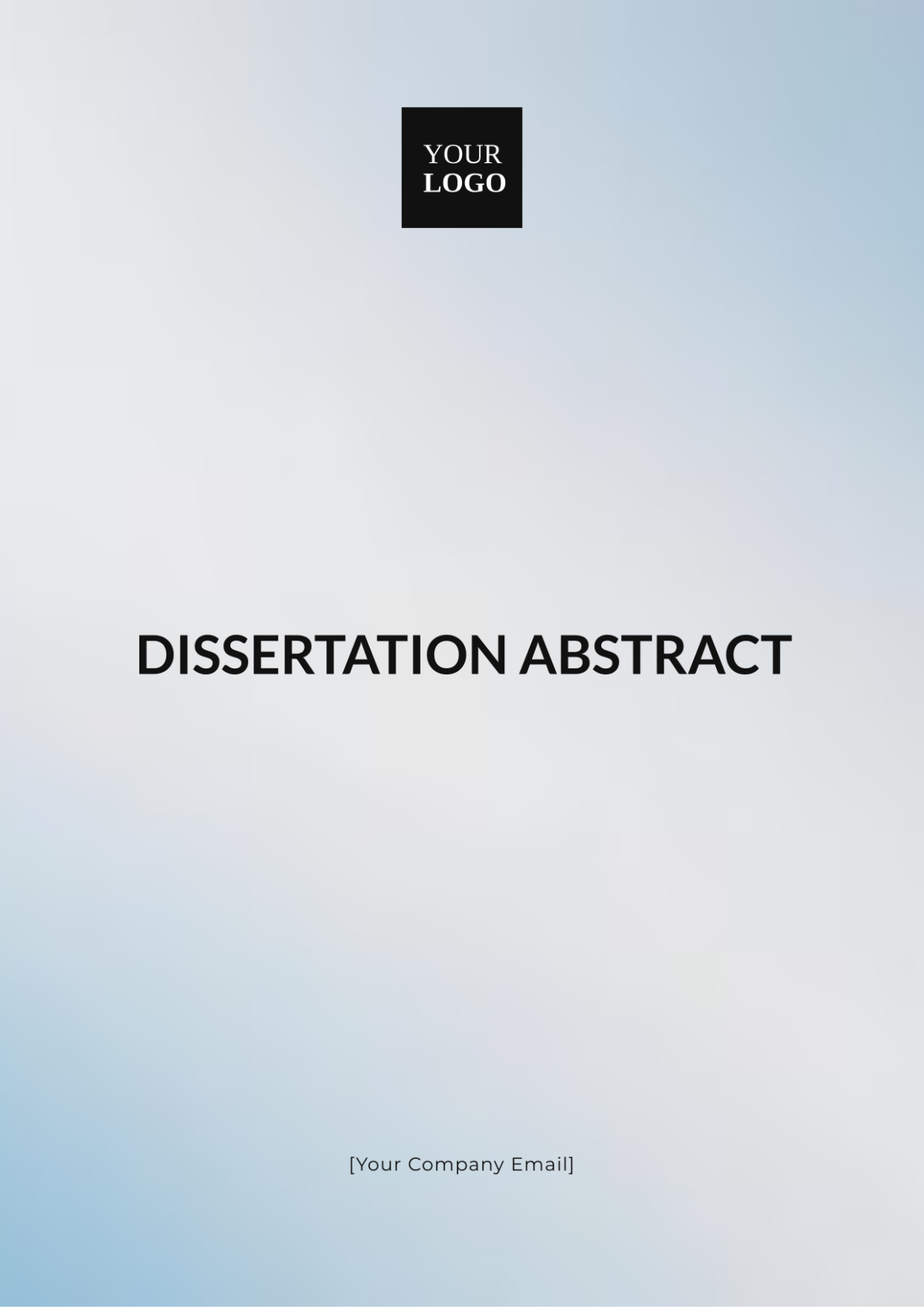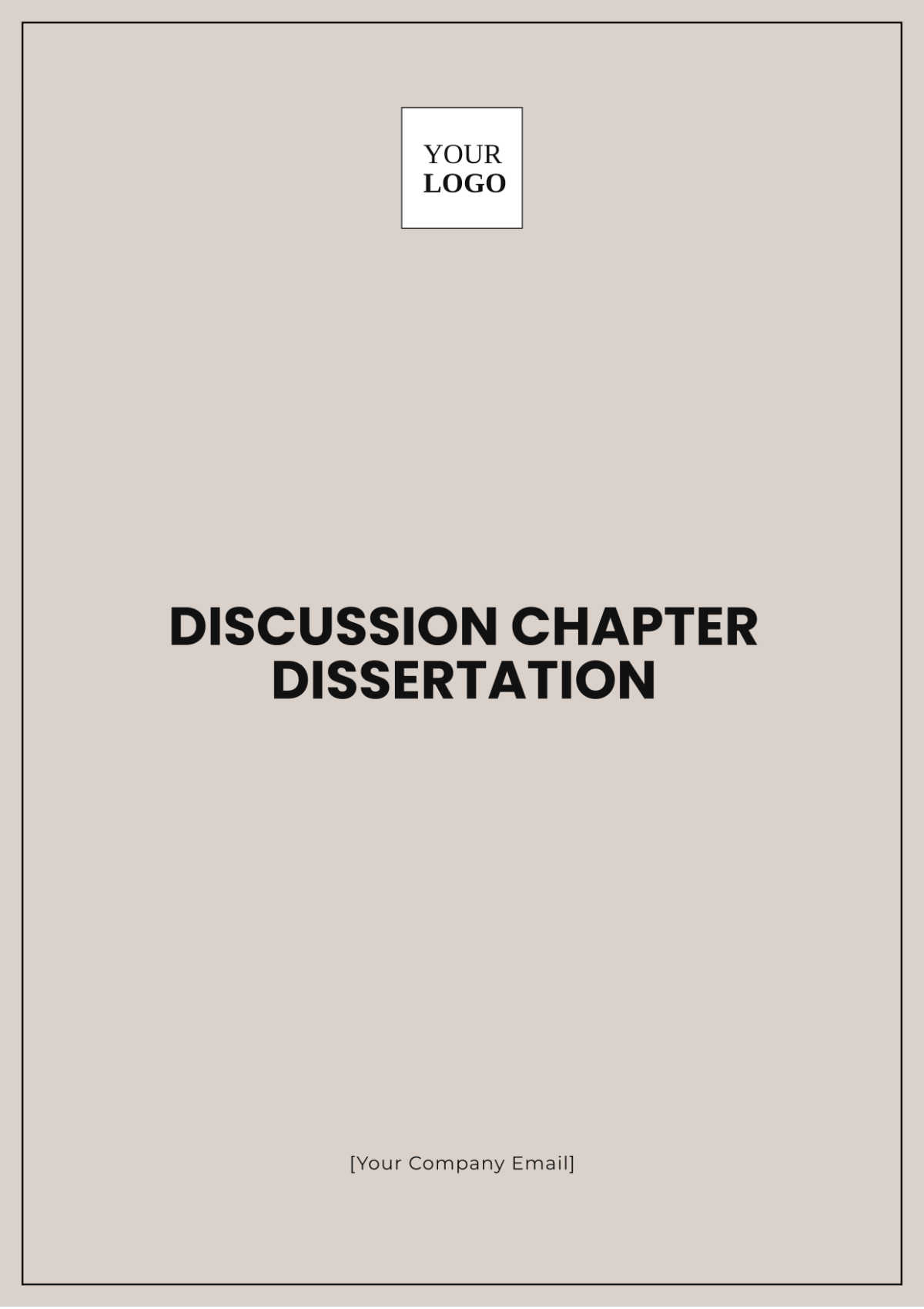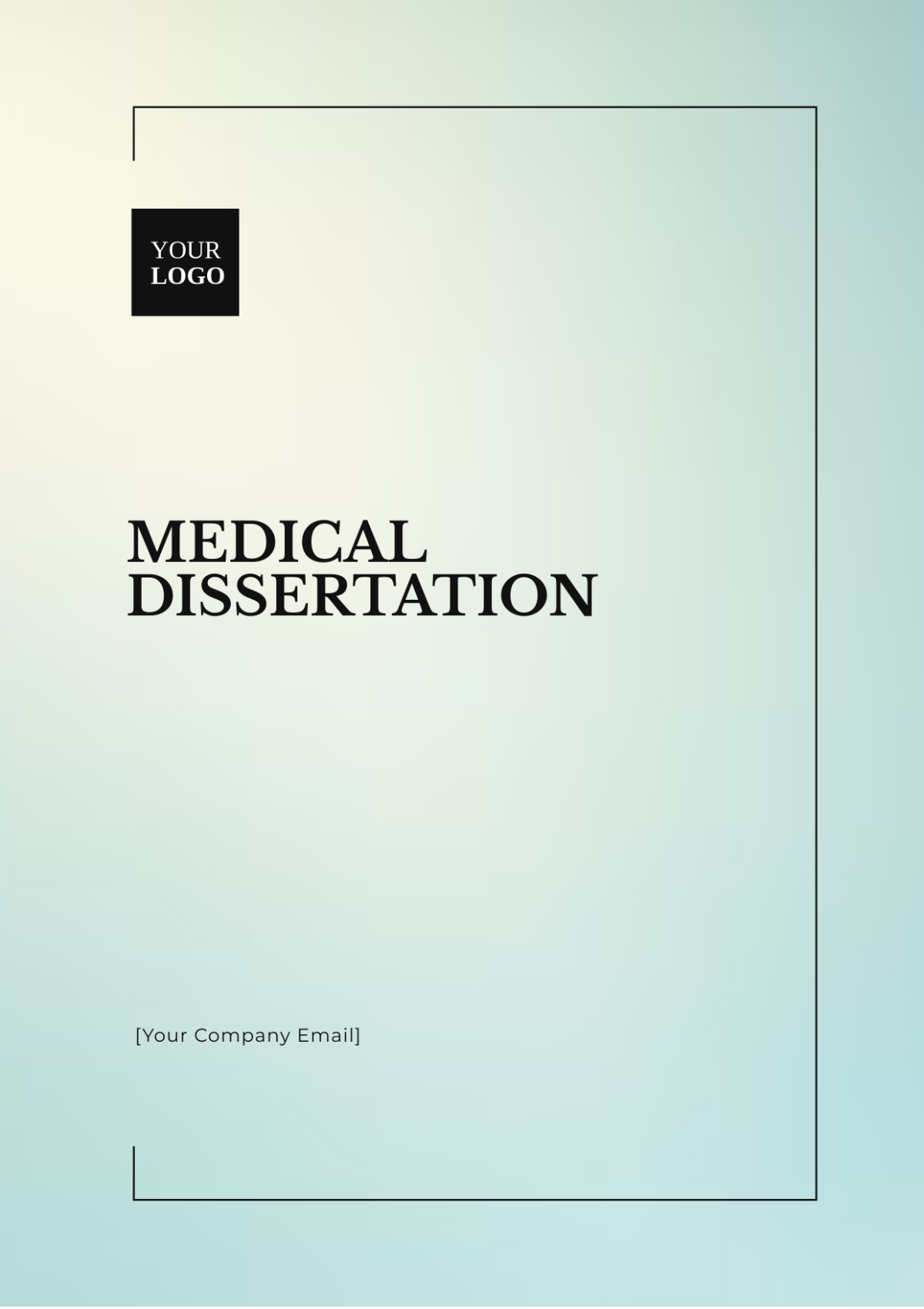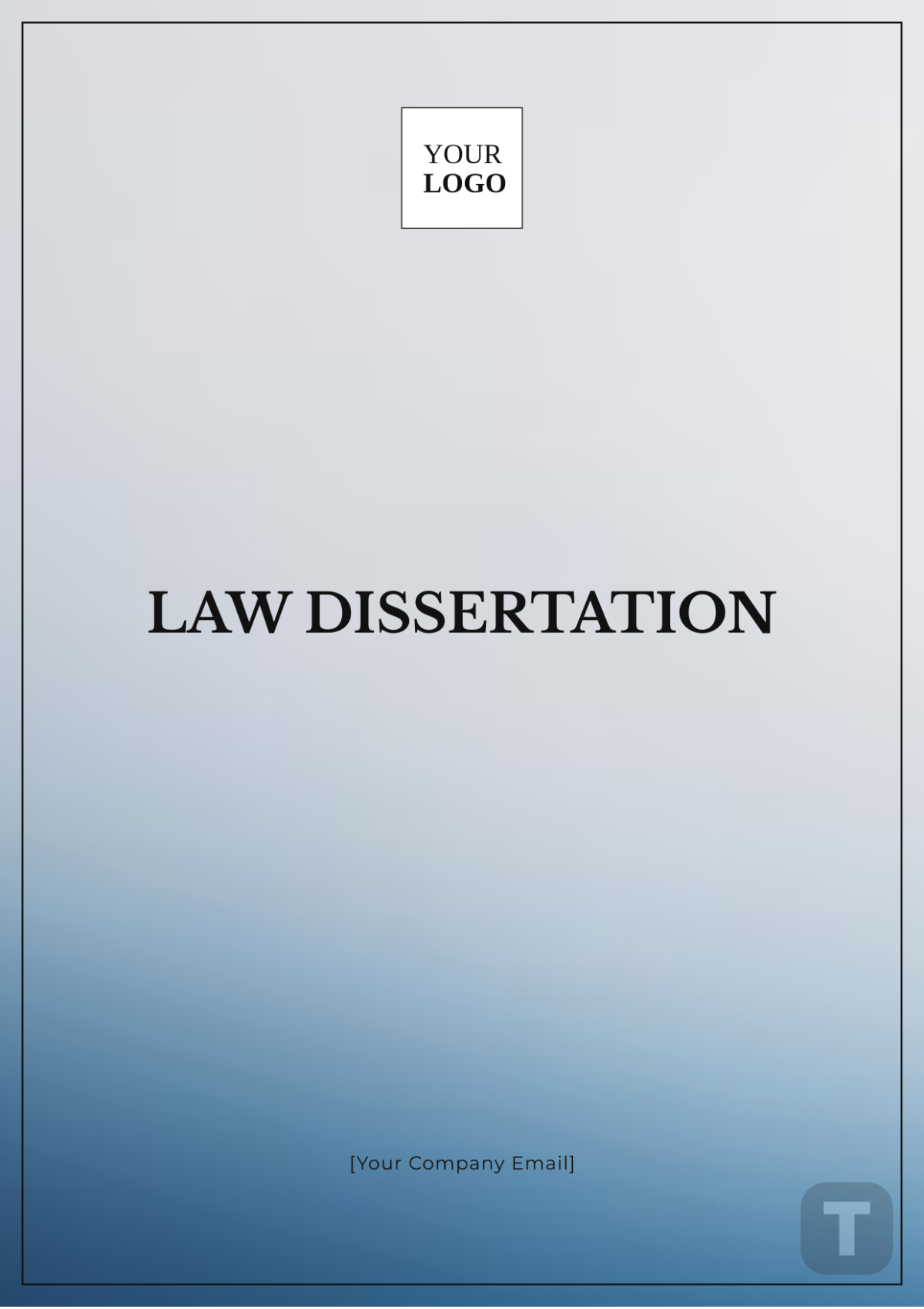Information Technology Dissertation
Abstract
The rapid evolution of information technology (IT) has revolutionized the way businesses operate and individuals interact. This dissertation explores various dimensions of IT, analyzing its impact on software development, cybersecurity, data management, and emerging technologies. The study integrates both theoretical insights and practical applications, providing an in-depth understanding of current IT trends and future directions.
I. Introduction
Information Technology is at the core of modern civilization’s advancements. From the Internet and personal devices to complex software solutions and artificial intelligence, IT has permeated every aspect of life. This dissertation aims to dissect the multifaceted nature of IT to better understand its complexities and potential.
II. Research Objectives
To explore the current trends and future directions in software development.
To analyze the challenges and solutions in cybersecurity.
To investigate efficient data management techniques.
To evaluate the impact of emerging technologies on businesses and society.
III. Research Questions
What are the latest advancements in software development methodologies?
How can organizations better protect themselves against cybersecurity threats?
What are effective strategies for managing large volumes of data?
What emerging technologies will shape future IT landscapes?
IV. Literature Review
This section reviews previous research relevant to the key areas of this dissertation: software development, cybersecurity, data management, and emerging technologies.
A. Software Development
Evolution of software development methodologies: The transition from Waterfall to Agile and DevOps.
Waterfall Model
Agile Methodology
DevOps Practices
B. Cybersecurity
Overview of cybersecurity threats and strategies to mitigate them:
Malware: malicious software designed to damage, disrupt, or gain unauthorized access. Mitigation strategies include anti-virus software, regular updates, and user education.
Phishing: deceptive attempts to obtain sensitive information by masquerading as a trustworthy entity. Mitigation strategies include email filters, awareness training, and multi-factor authentication.
Ransomware: malware that encrypts the victim's data and demands payment for the decryption key. Mitigation strategies include data backups, endpoint protection, and incident response plans.
C. Data Management
Examination of data management techniques for handling large datasets.
Data Warehousing
Big Data Analytics
Data Governance
D. Emerging Technologies
Insight into technologies that are set to transform various industries.
Artificial Intelligence
Blockchain
Internet of Things (IoT)
V. Methodology
This section outlines the research methods used in this dissertation, including both quantitative and qualitative approaches.
A. Research Design
A mixed-methods approach was employed to gather comprehensive data on various IT domains. This included:
Surveys and questionnaires
Interviews with industry experts
Data analysis from secondary sources
B. Data Collection
The data was collected using a systematic approach.
Identifying the target population and selecting appropriate samples.
Distributing surveys and conducting interviews.
Aggregating data from reputable databases and industry reports.
C. Data Analysis
The collected data was analyzed using various statistical and thematic analysis tools.
Quantitative Analysis: Descriptive and inferential statistics were used to interpret numerical data, providing valuable insights into trends and patterns.
Qualitative Analysis: Content analysis and thematic coding were utilized to analyze textual data, focusing on recurring themes and expert opinions.
VI. Findings and Discussion
This section presents the results of the data analysis and discusses their implications in the context of existing literature.
A. Software Development
Findings indicated a shift towards Agile and DevOps methodologies, emphasizing the need for flexibility and continuous delivery in software projects.
B. Cybersecurity
The analysis revealed that organizations are increasingly adopting multi-layered security strategies, combining technology, processes, and education to mitigate risks.
C. Data Management
Effective data management techniques, such as data warehousing and big data analytics, are crucial for making informed business decisions.
D. Emerging Technologies
Emerging technologies like AI, blockchain, and IoT are poised to disrupt traditional business models, offering innovative solutions and new opportunities.
VII. Recommendations
Based on the findings, this section provides actionable recommendations for organizations and policymakers.
Adopt Agile and DevOps practices to enhance software development efficiency.
Implement comprehensive cybersecurity measures to protect against evolving threats.
Invest in advanced data management tools to leverage big data analytics.
Stay abreast of emerging technologies and explore their potential applications.
VIII. Conclusion
In conclusion, this dissertation has explored the dynamic field of information technology, elucidating its complexities and identifying future directions. The study provides valuable insights for academia and industry, emphasizing the importance of adaptability and innovation in the ever-evolving IT landscape.
IX. References
Bass, L., Clements, P., & Kazman, R. (2052). Software architecture in practice. Addison-Wesley.
Stallings, W. (2058). Computer Security: Principles and Practice. Pearson.
Wang, R. Y., & Strong, D. M. (1956). Beyond Accuracy: What Data Quality Means to Data Consumers. Journal of Management Information Systems, 12(4), 5-33.
Tapscott, D., & Tapscott, A. (2056). Blockchain Revolution: How the Technology Behind Bitcoin Is Changing Money, Business, and the World. Penguin.
